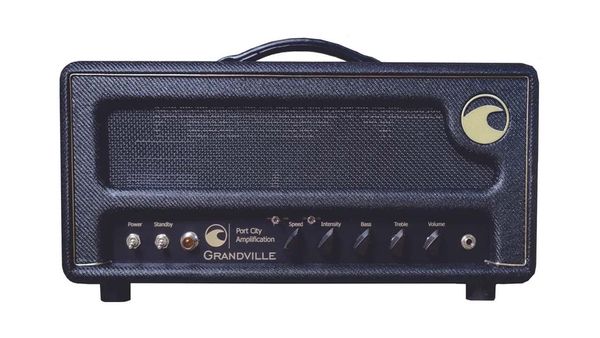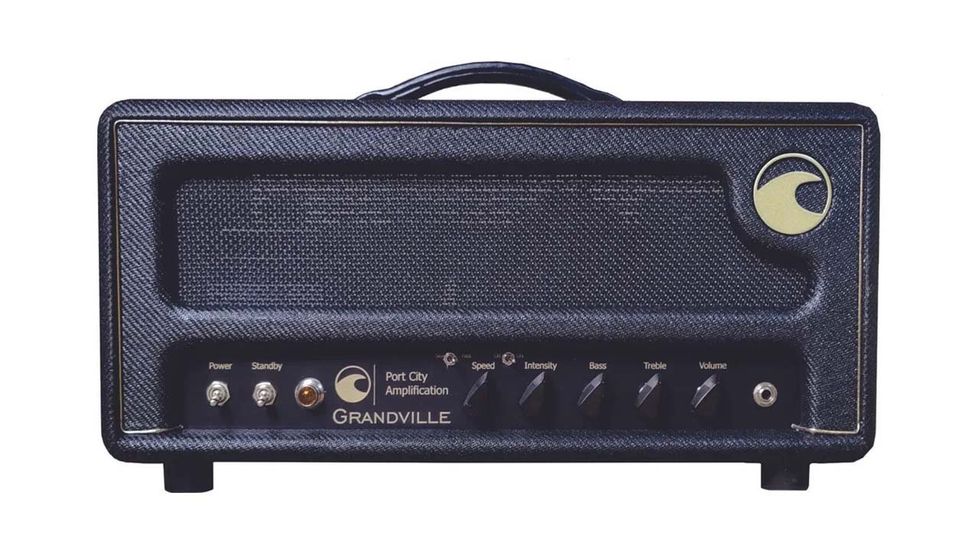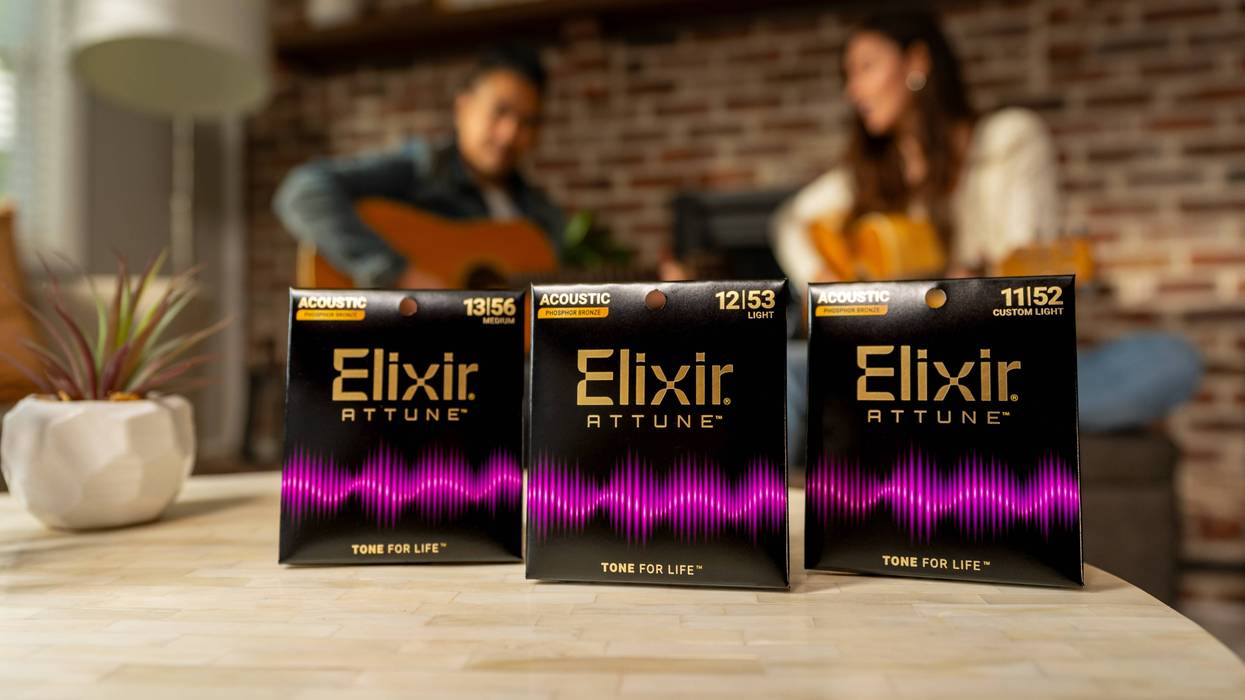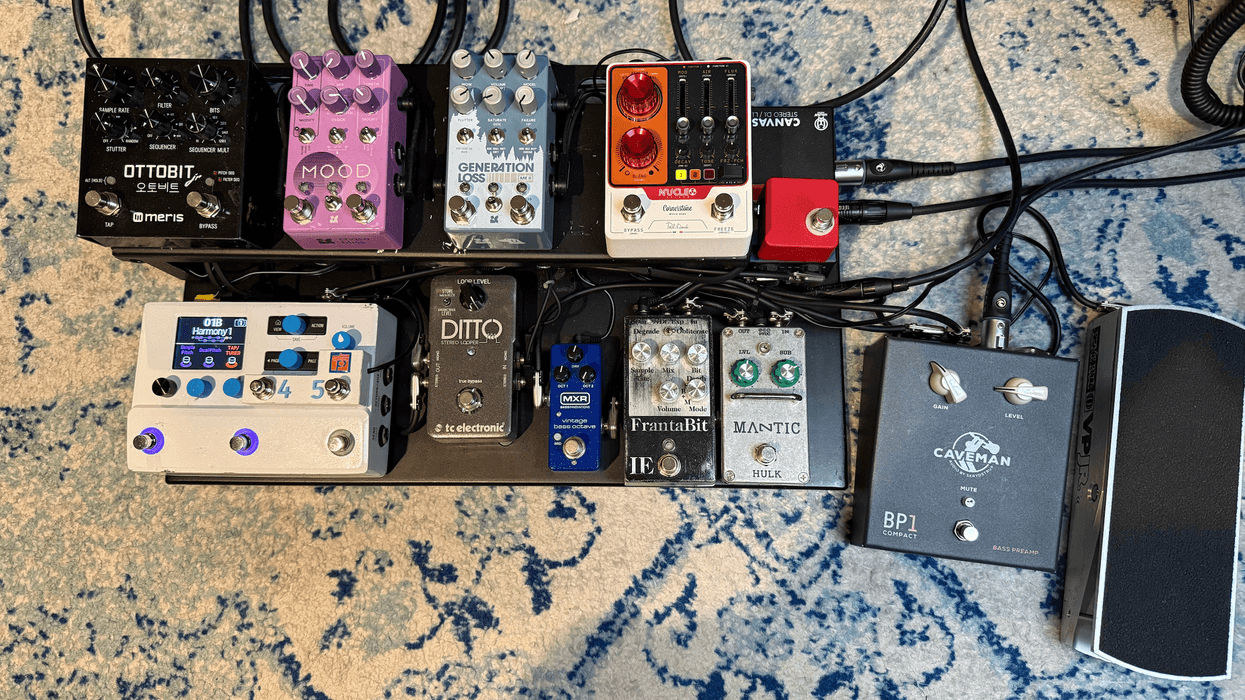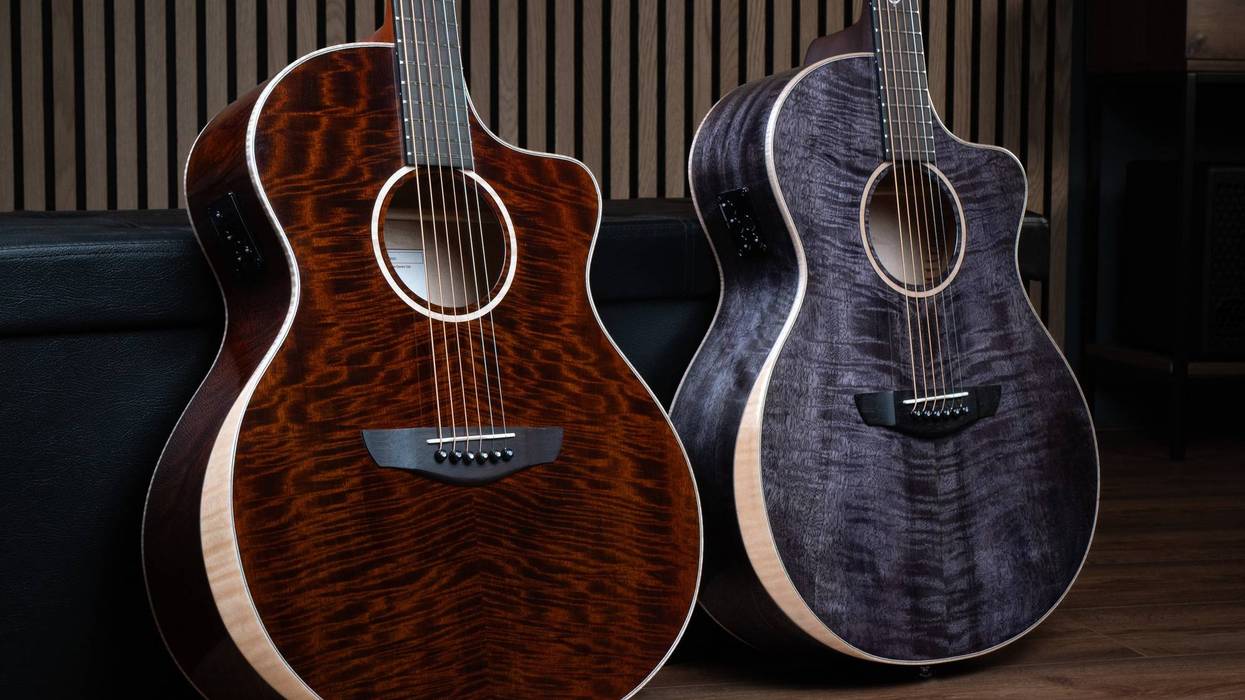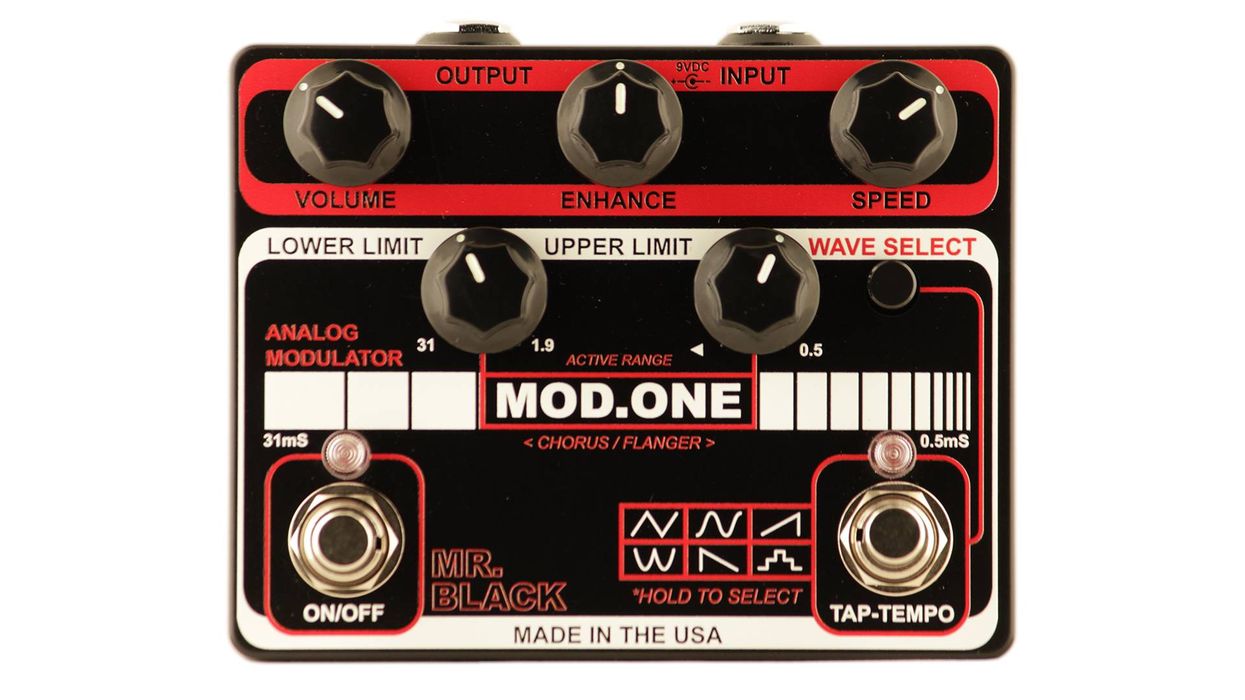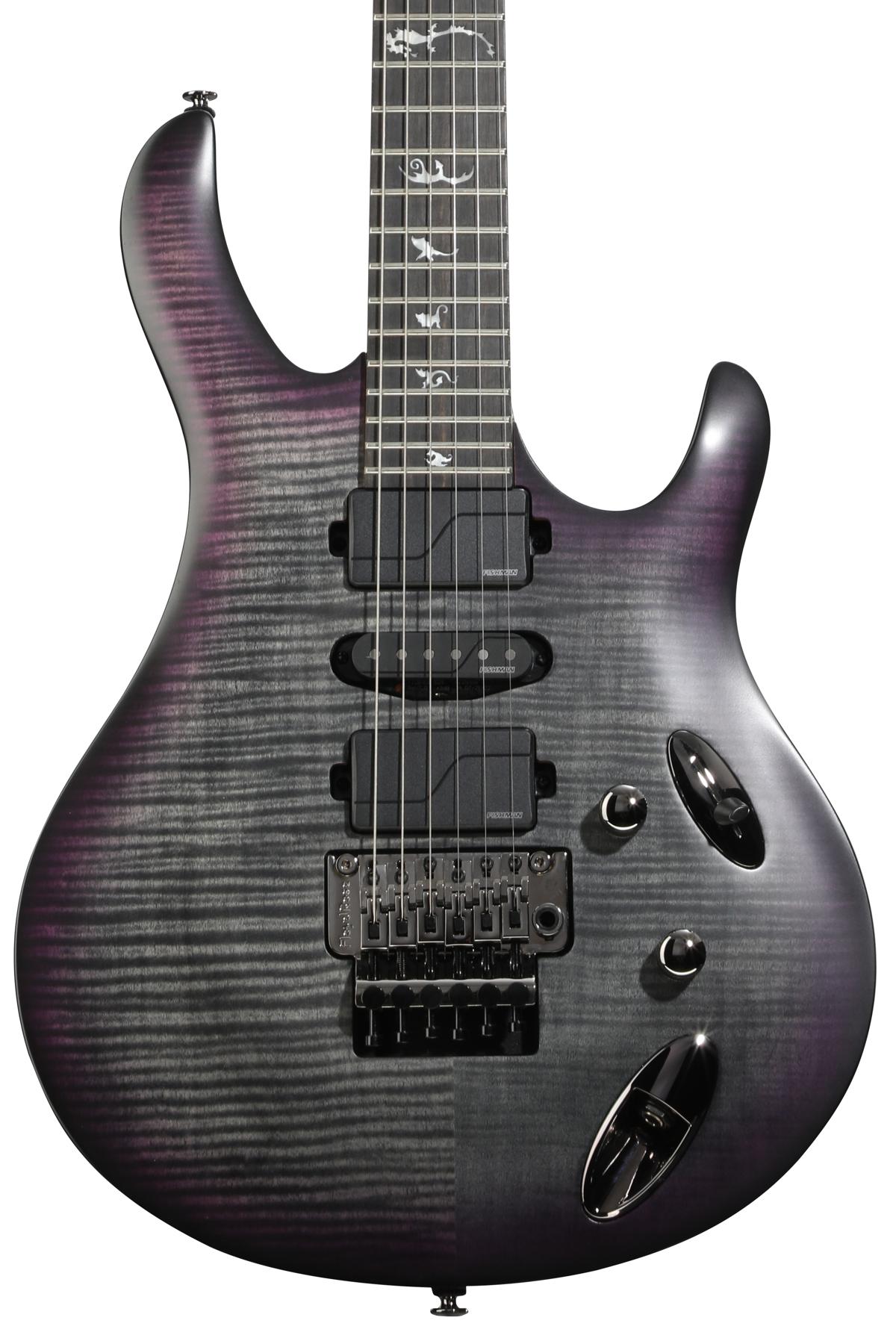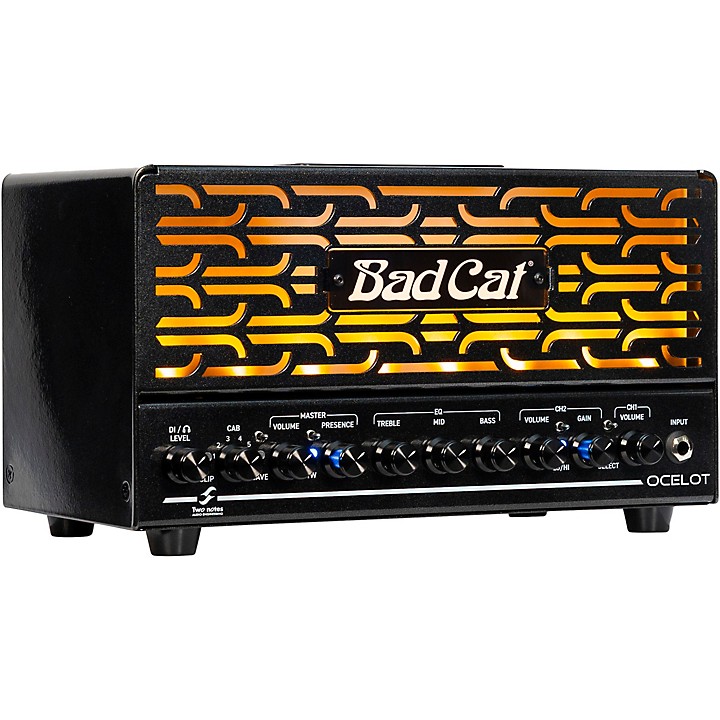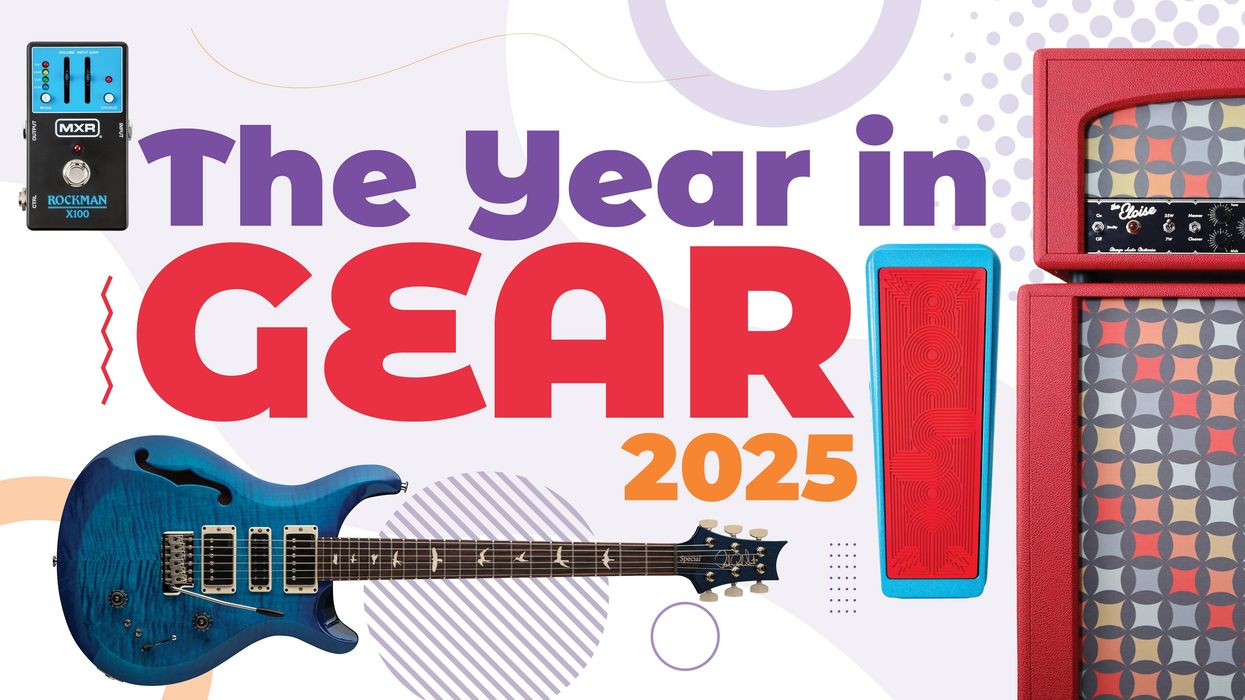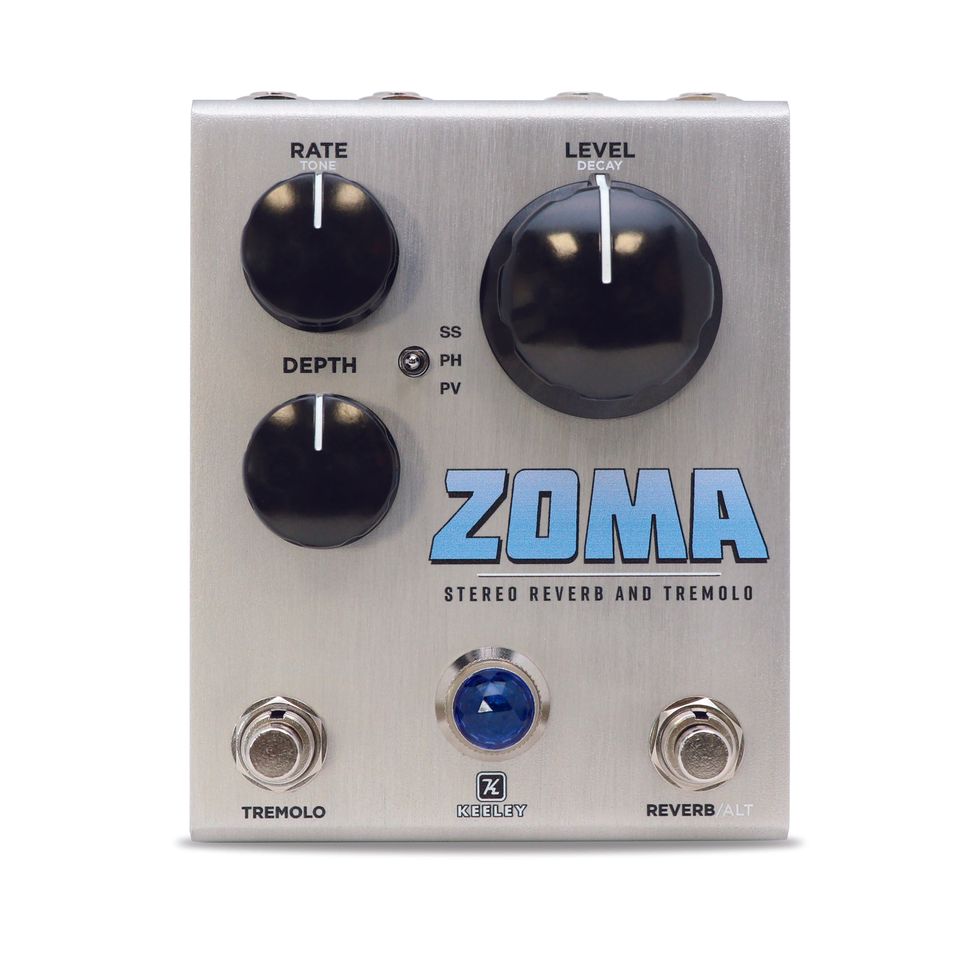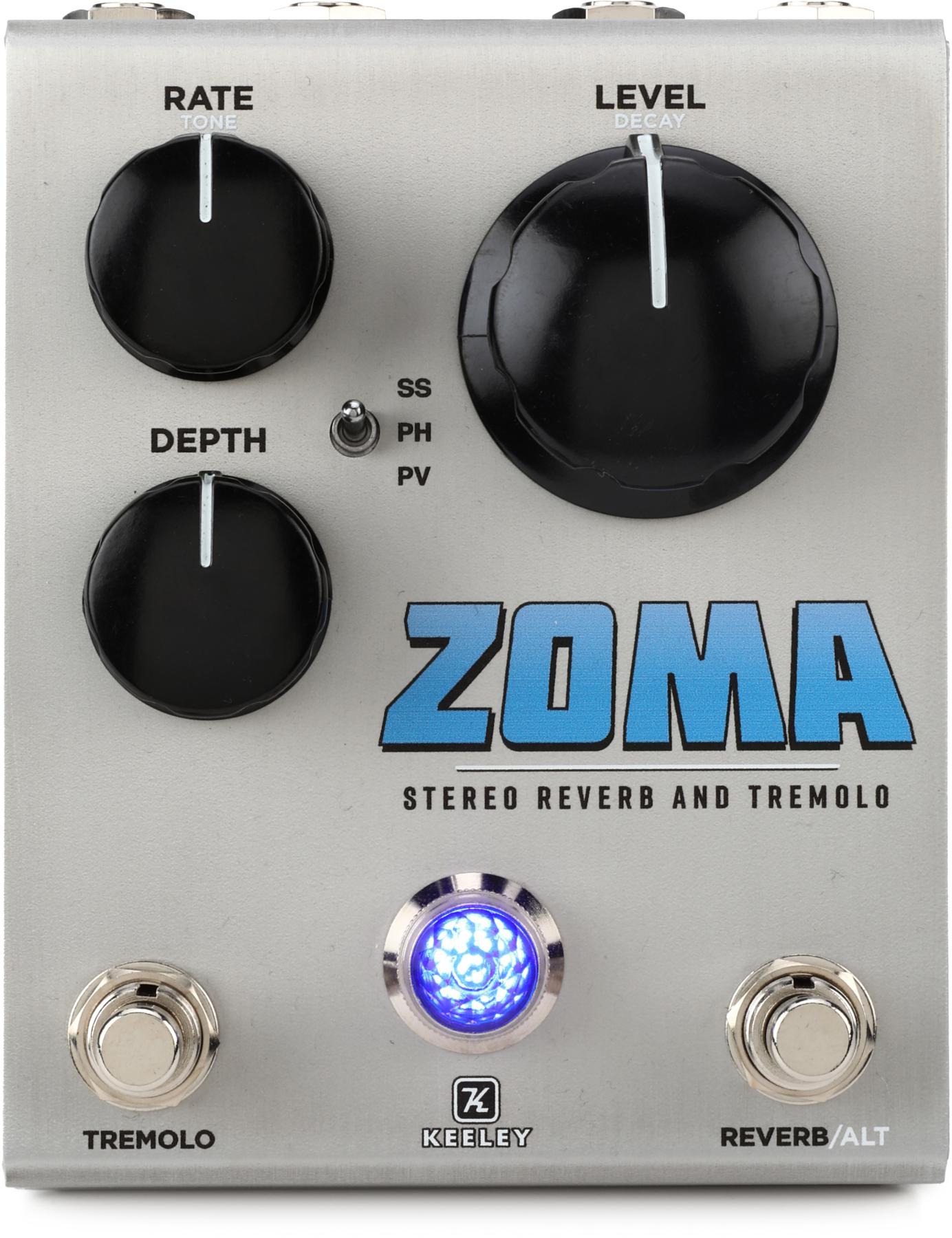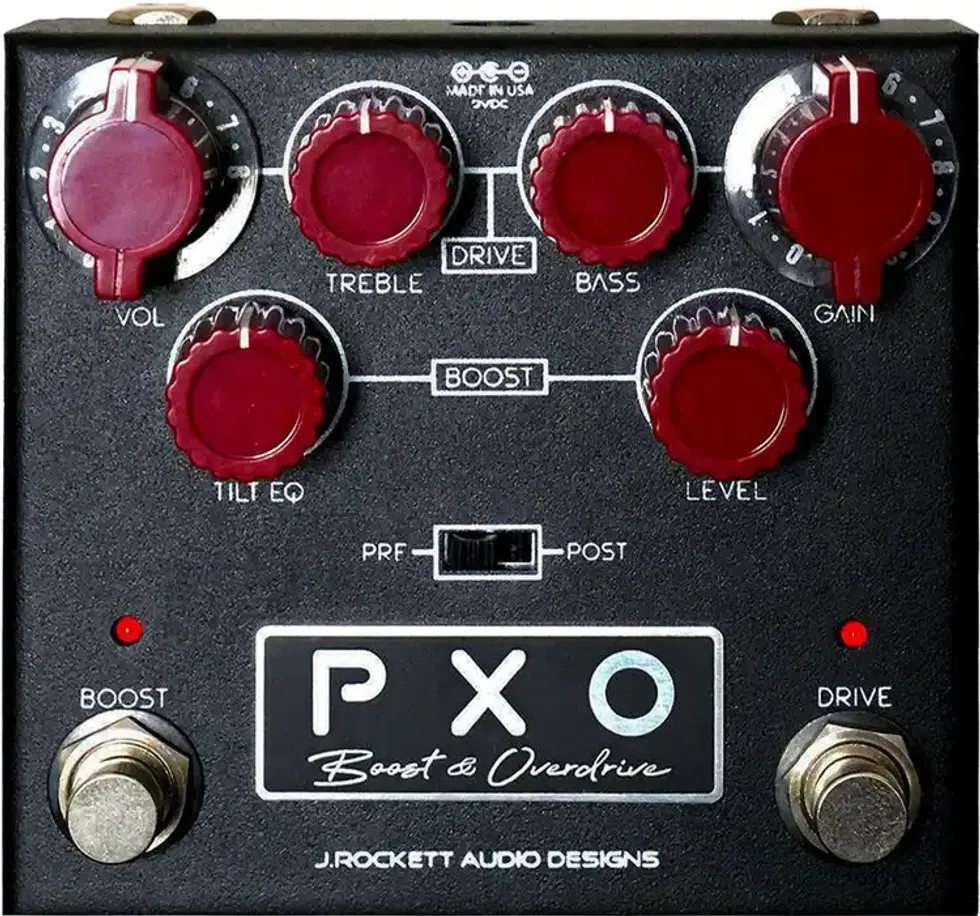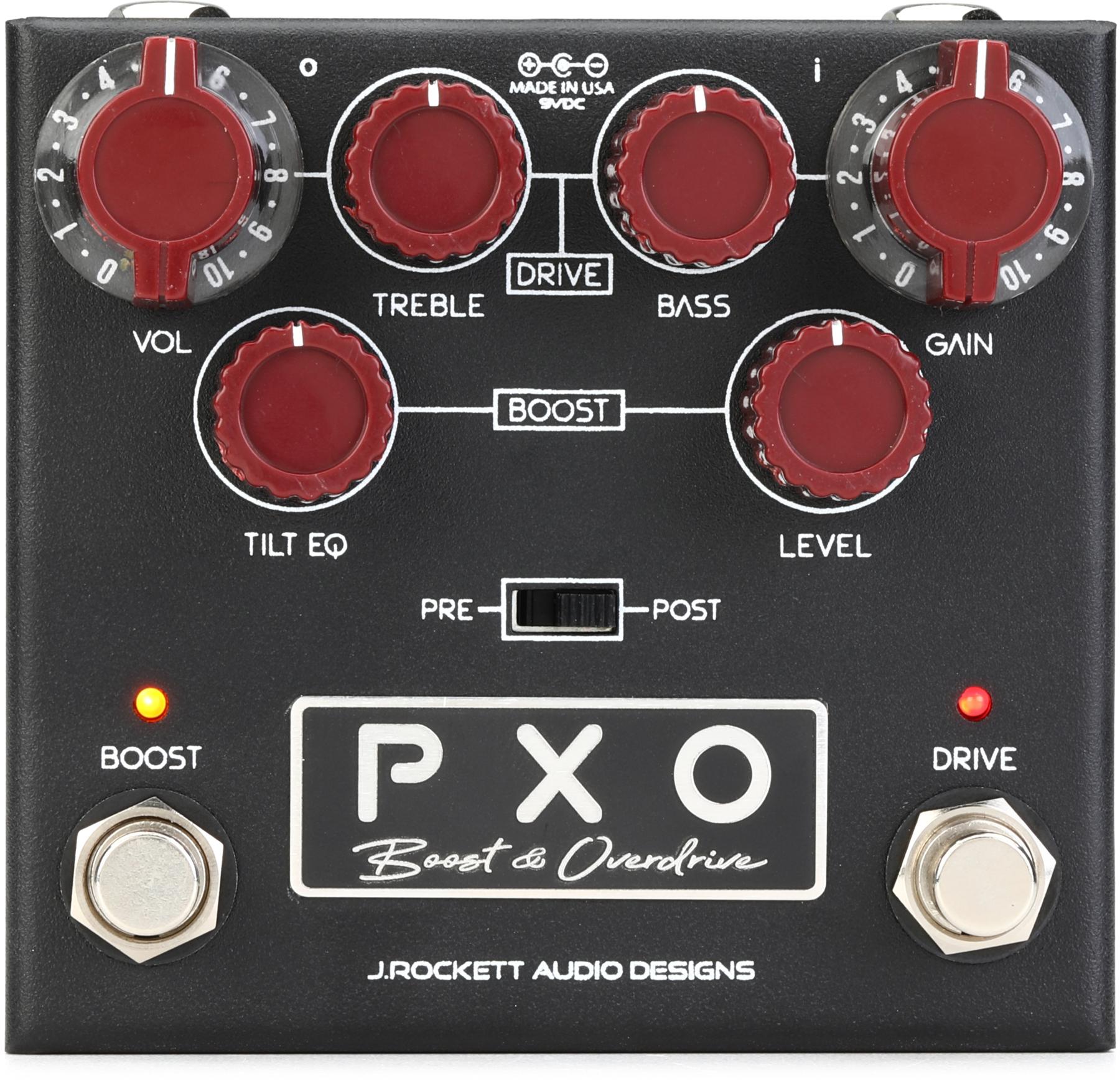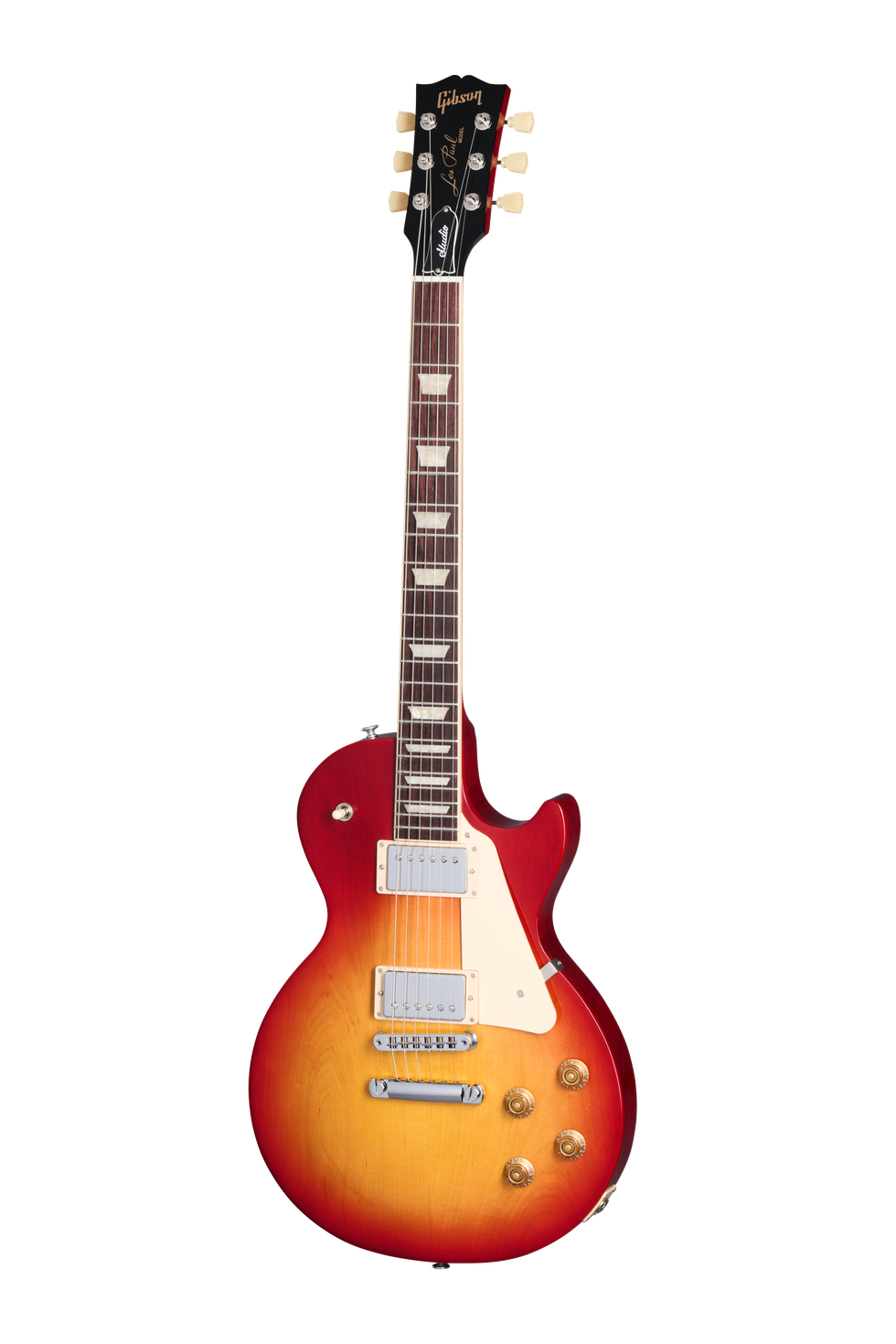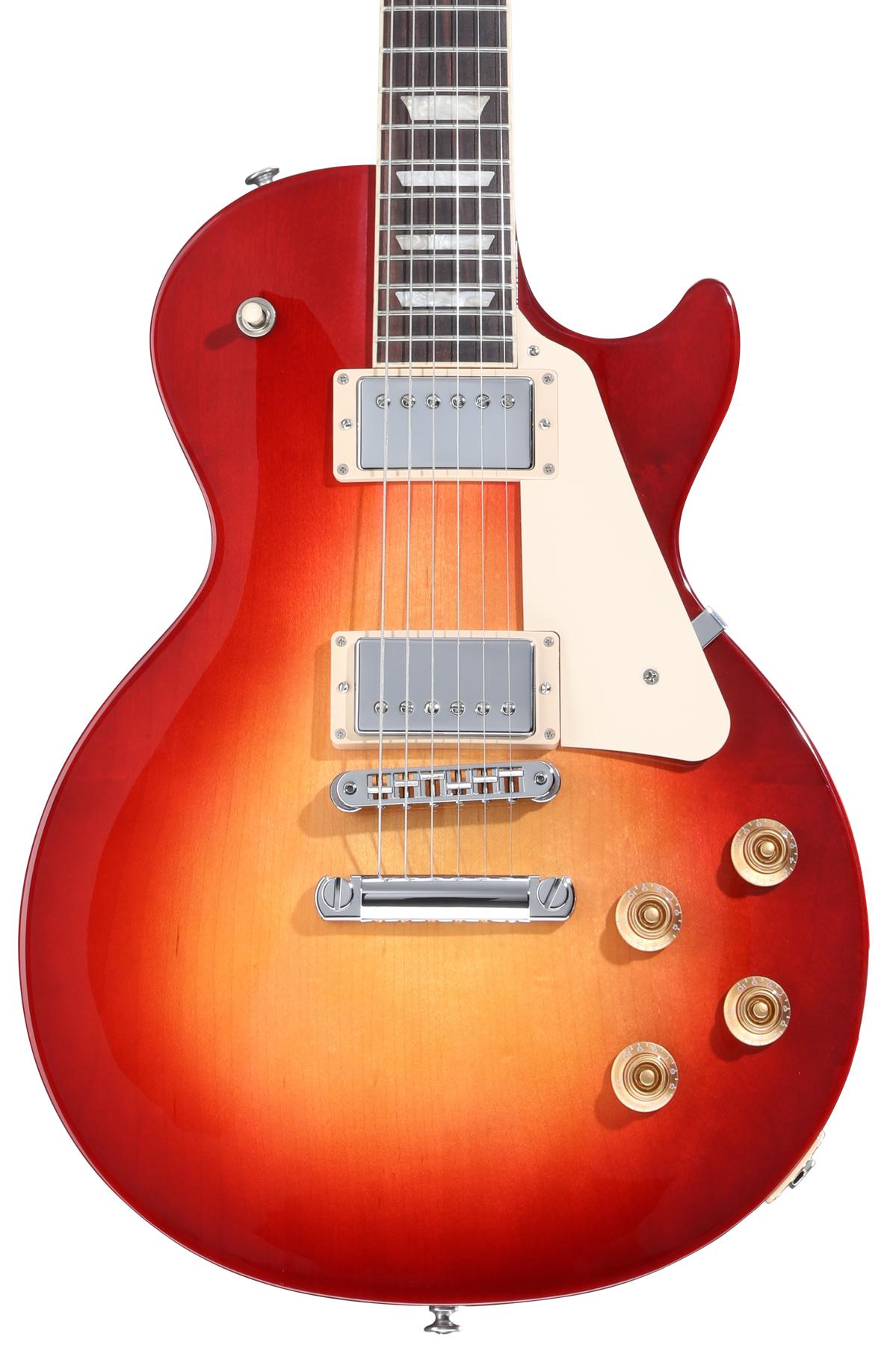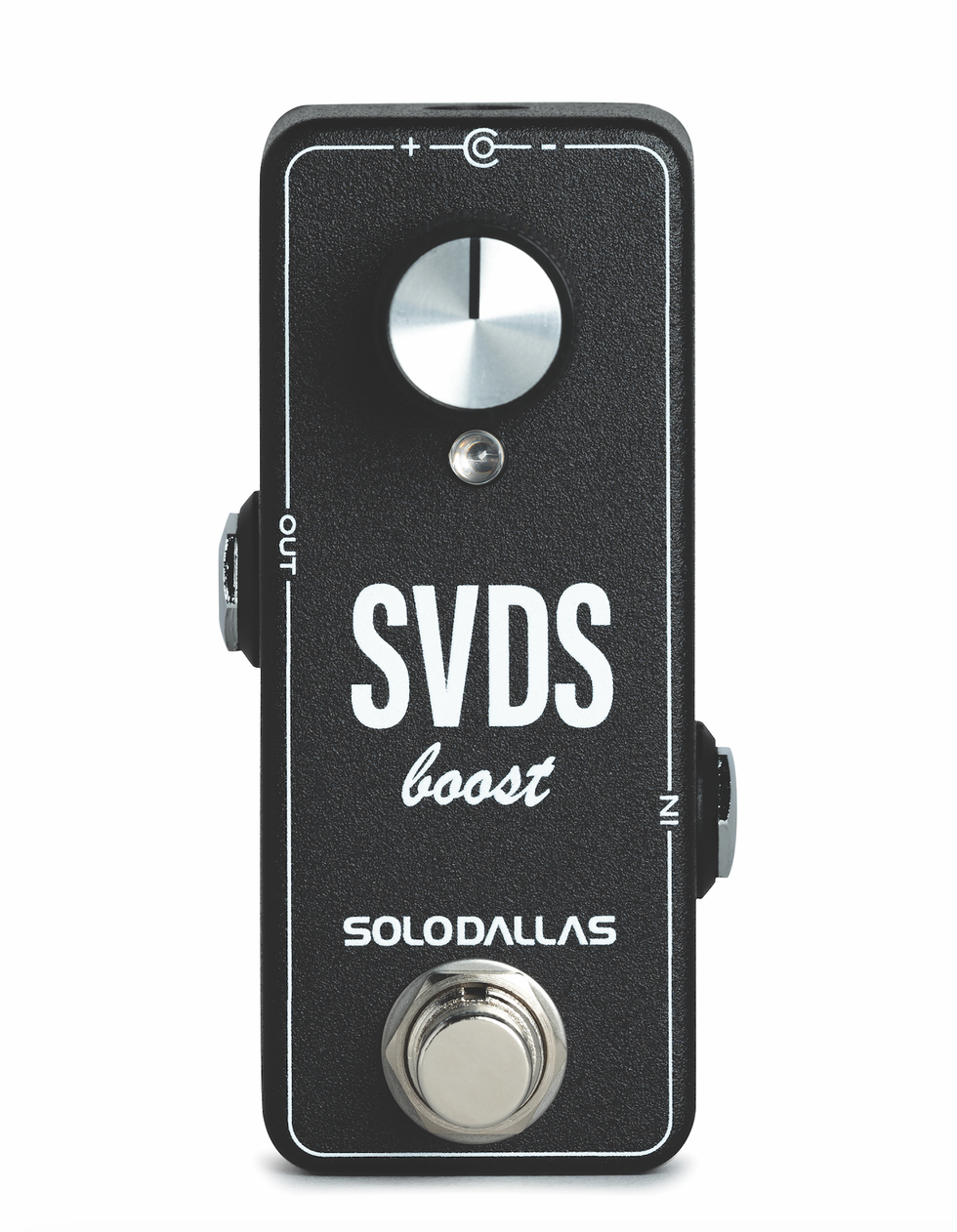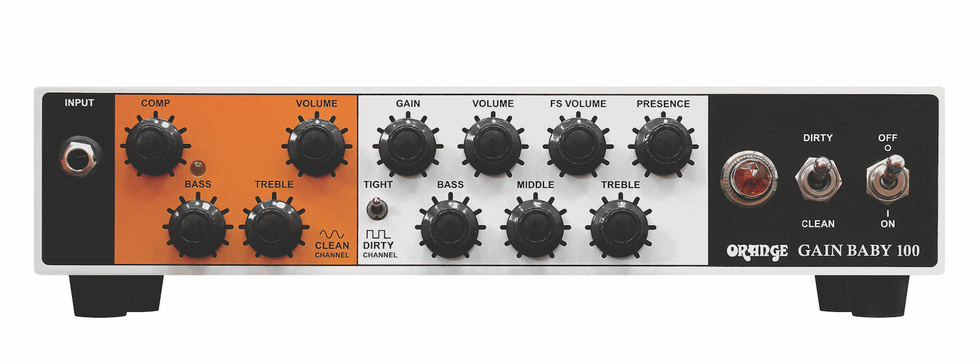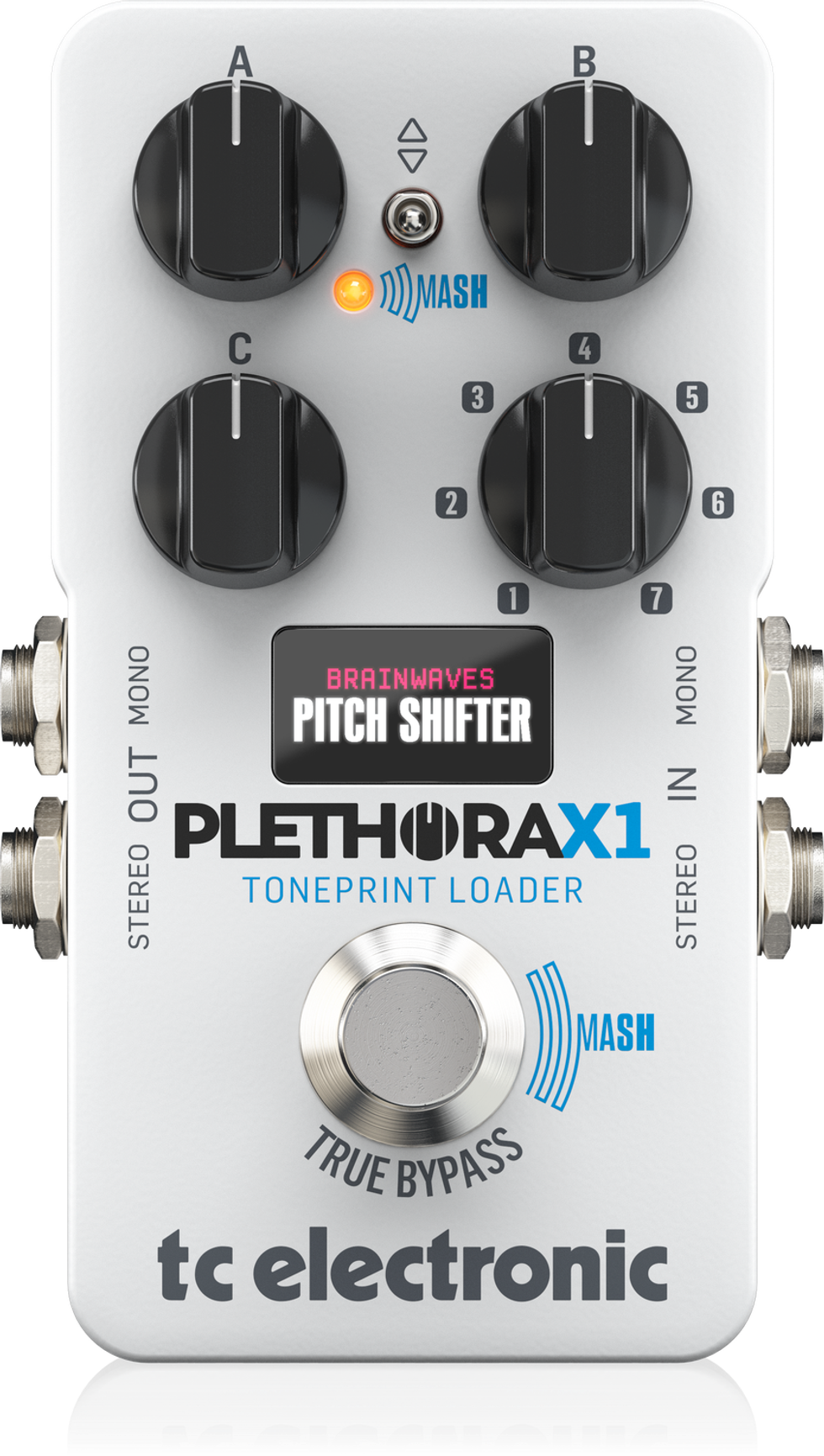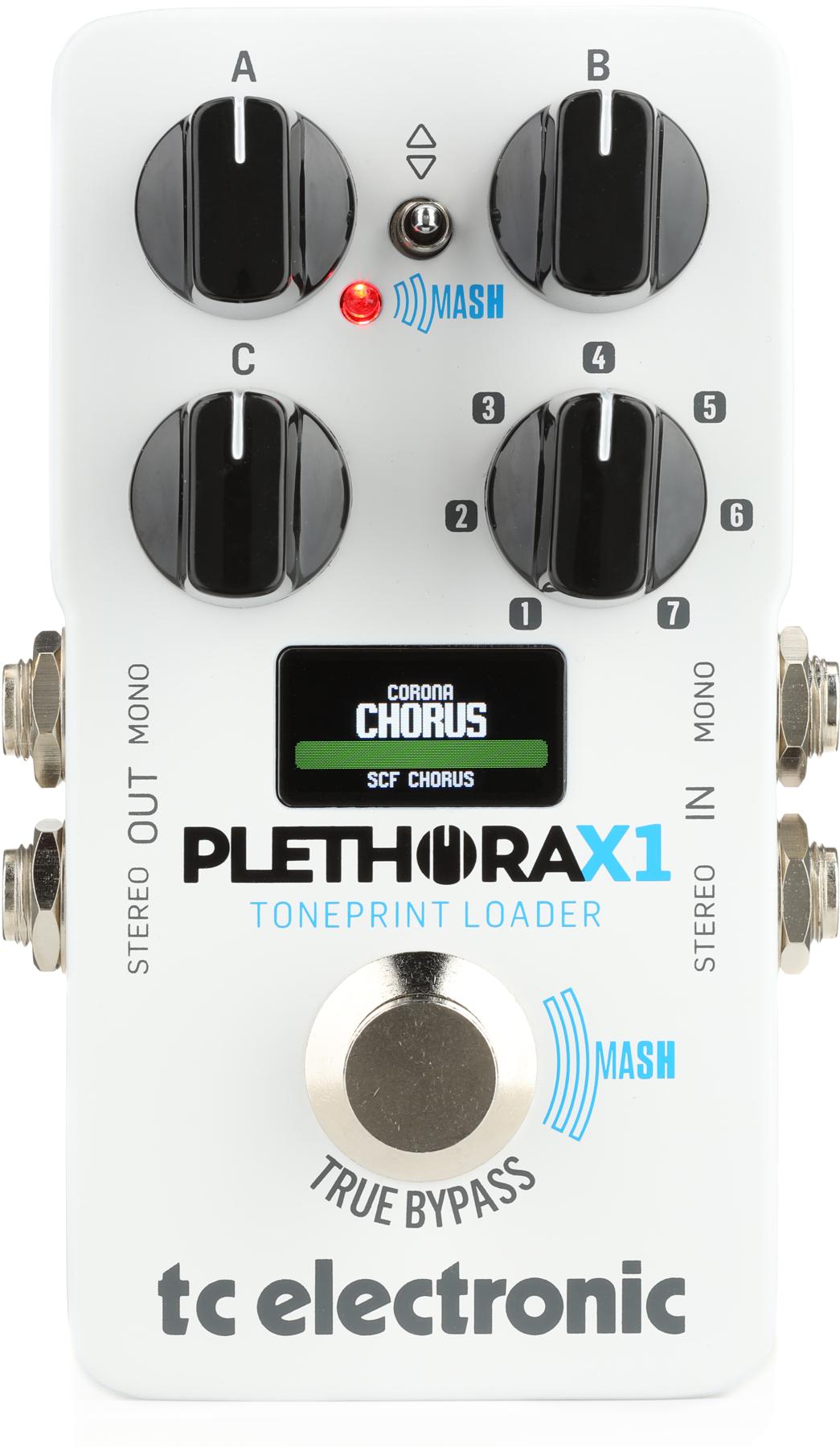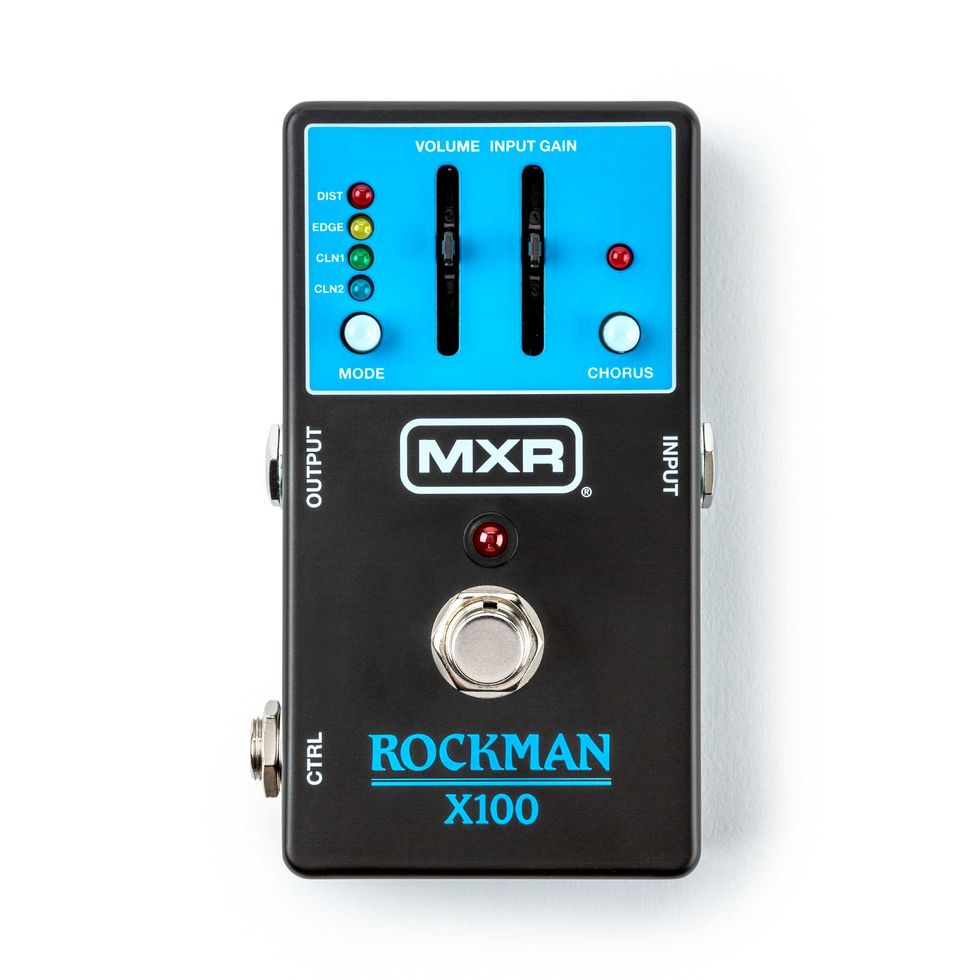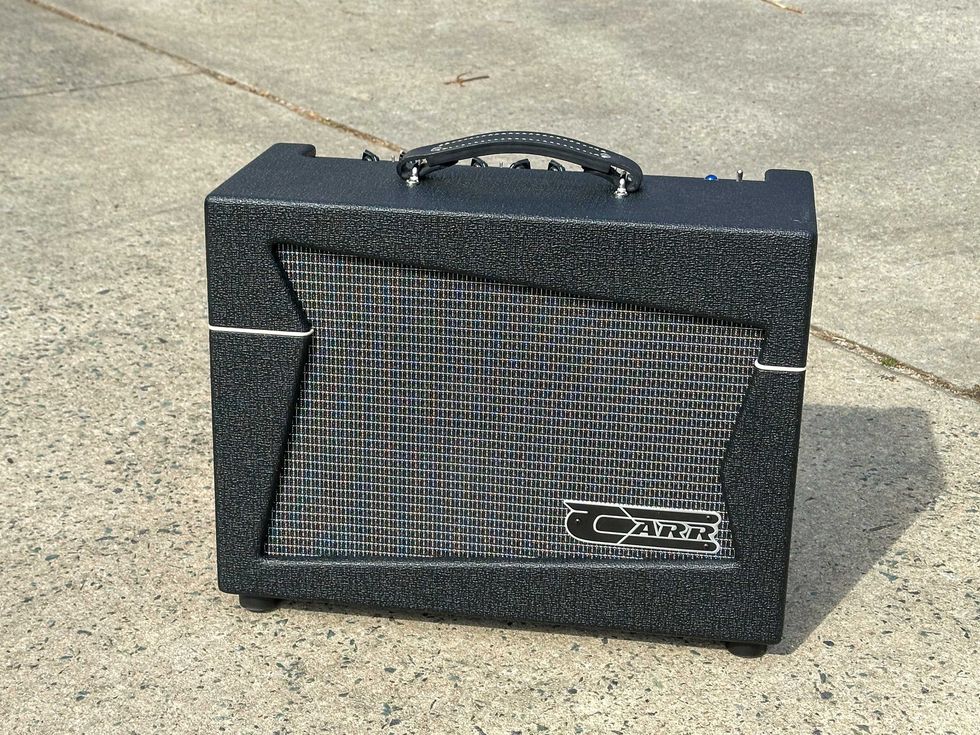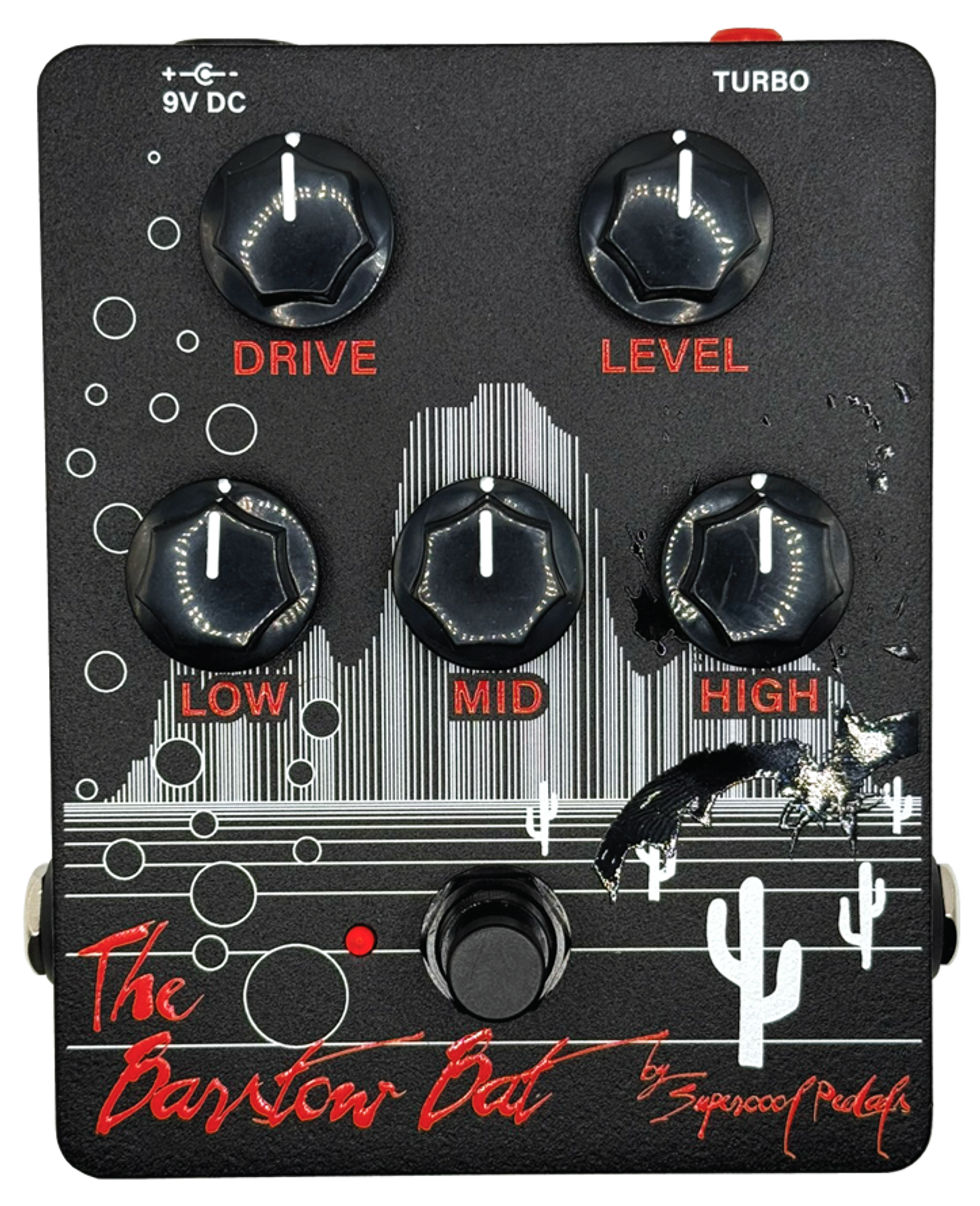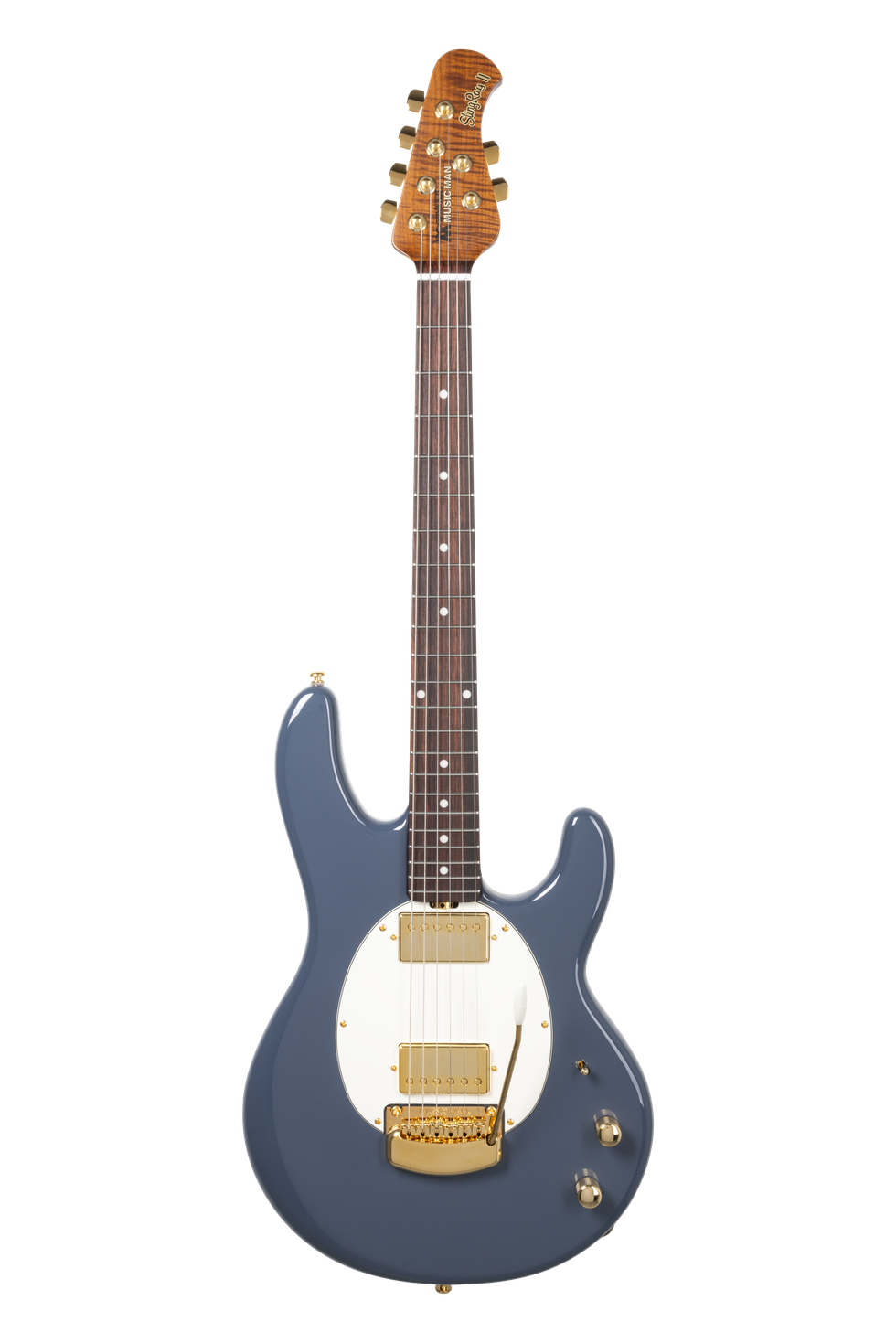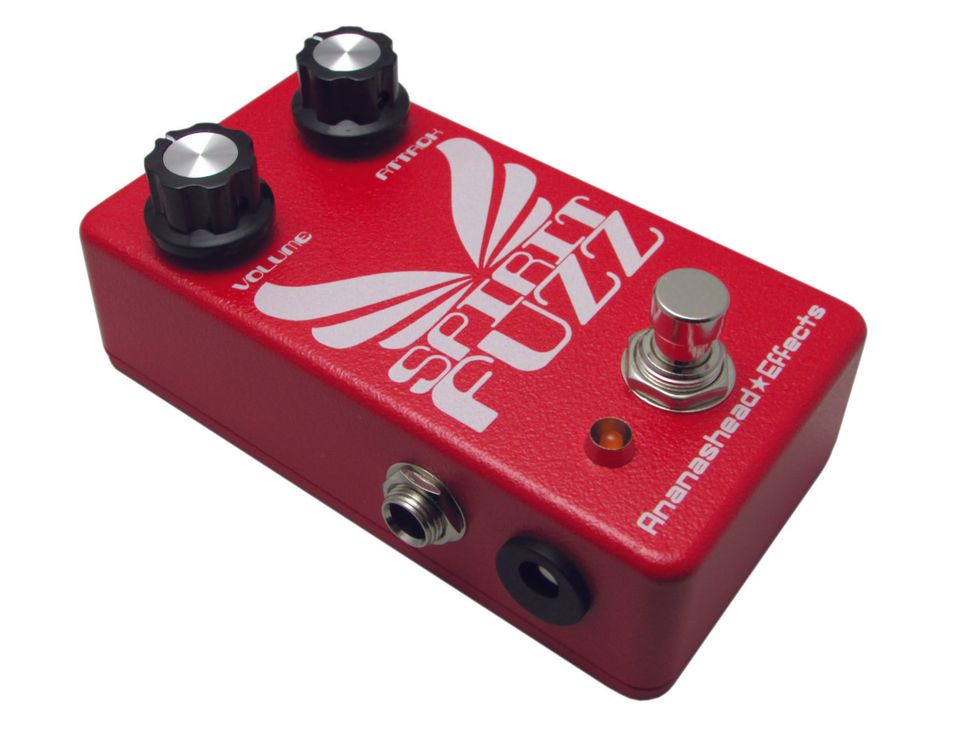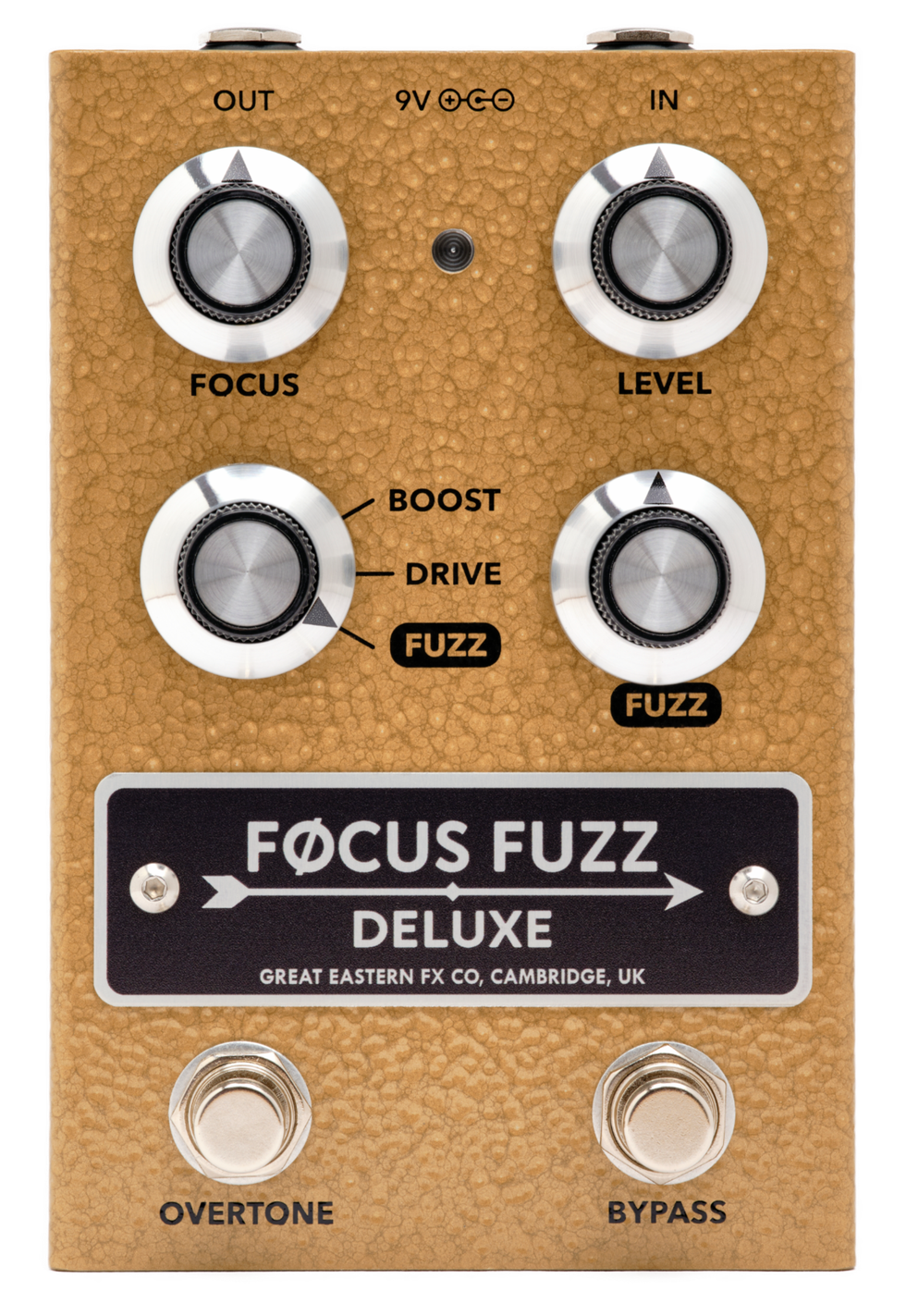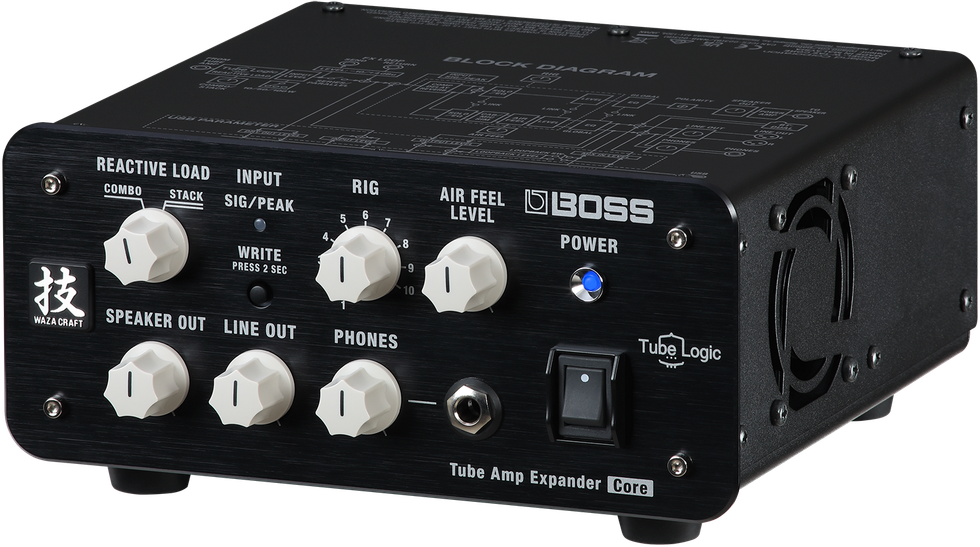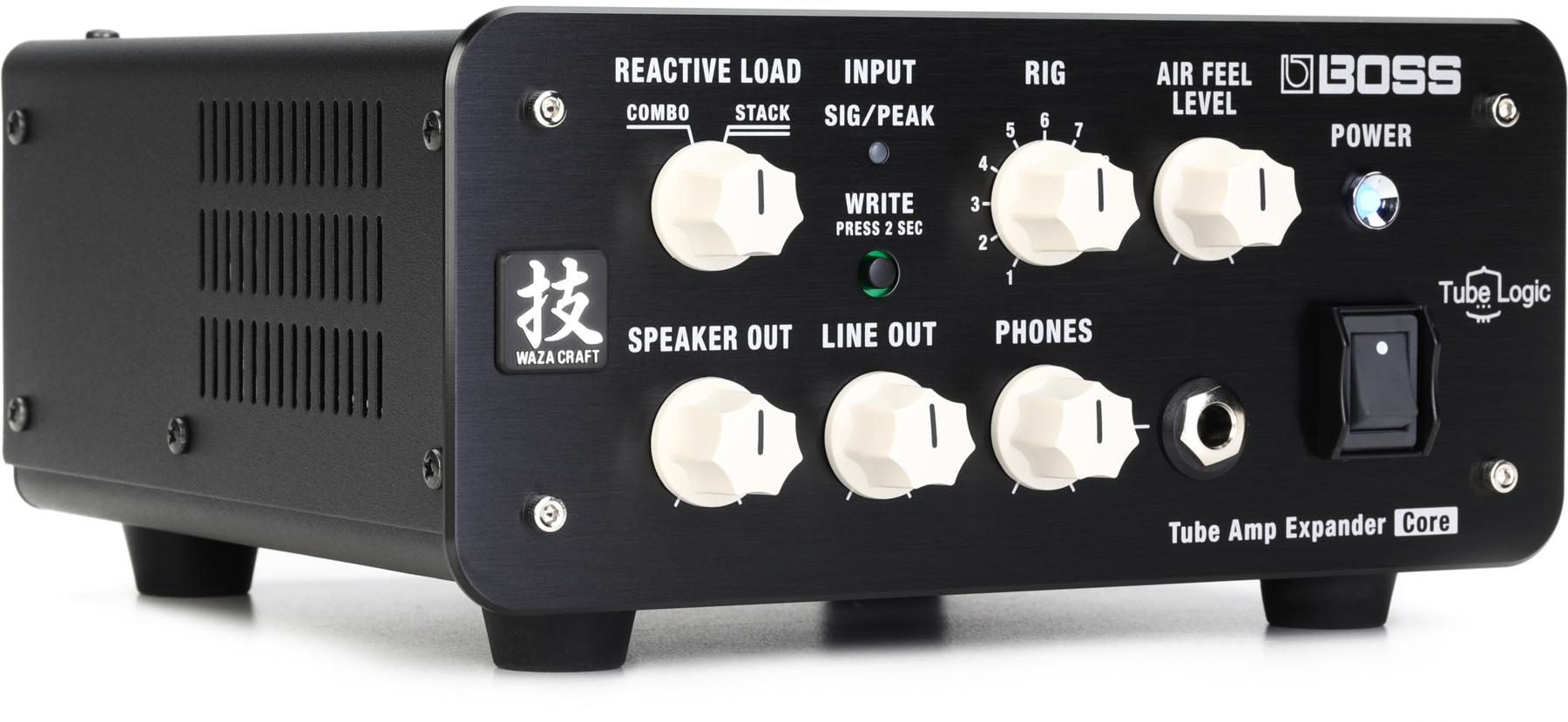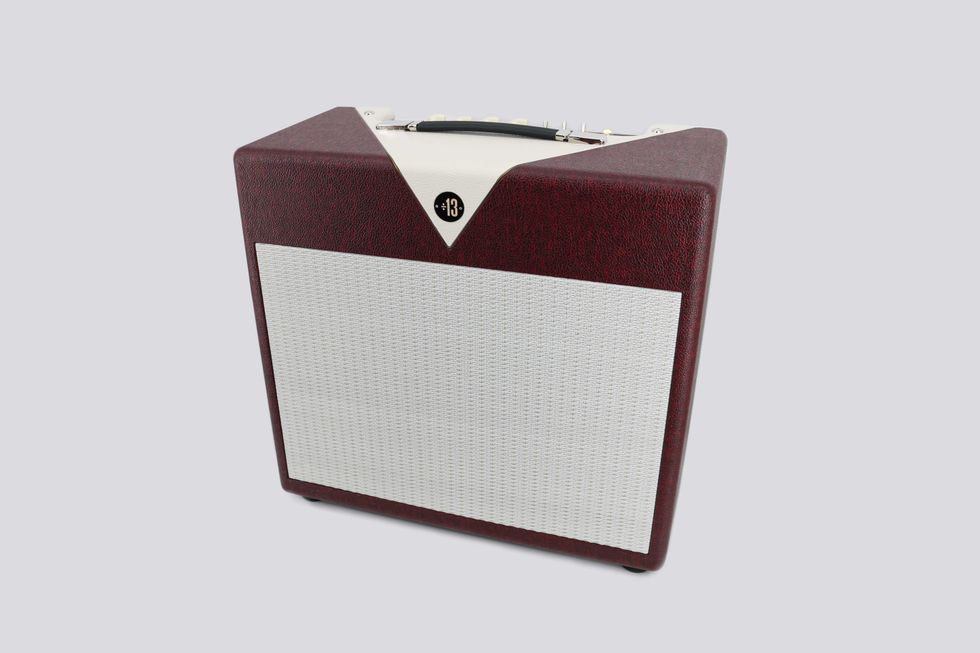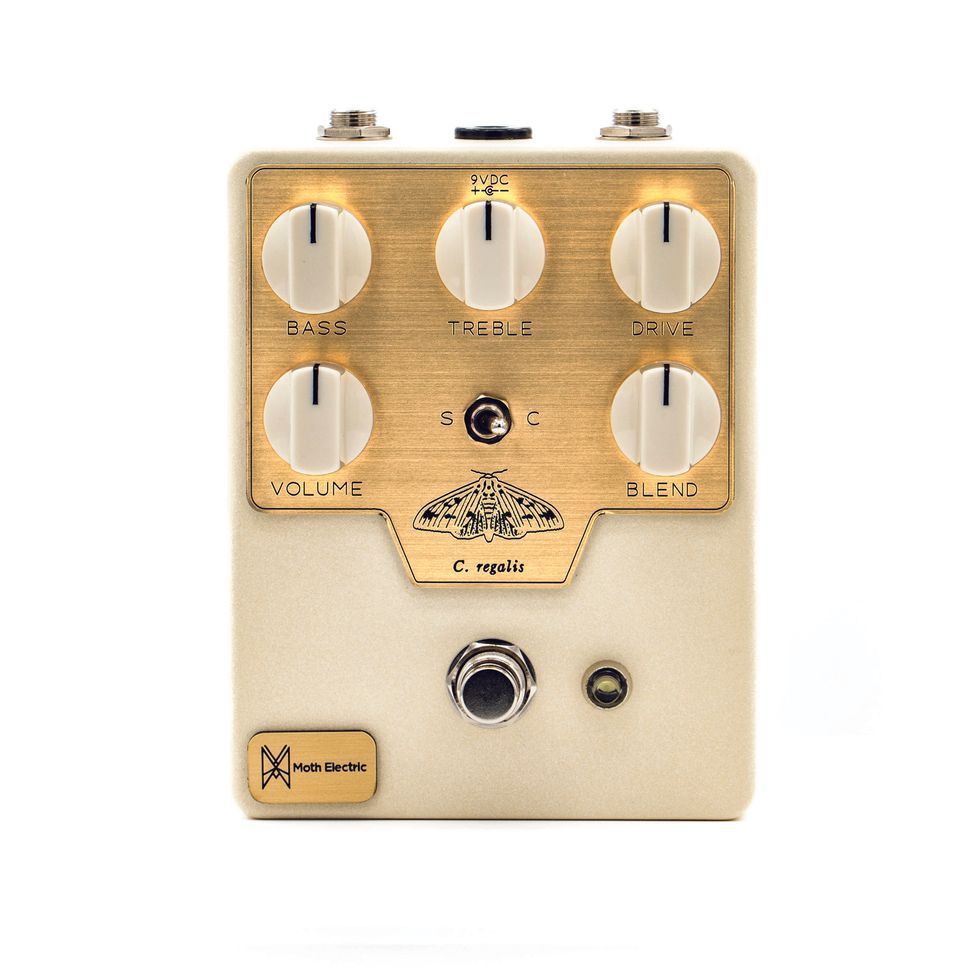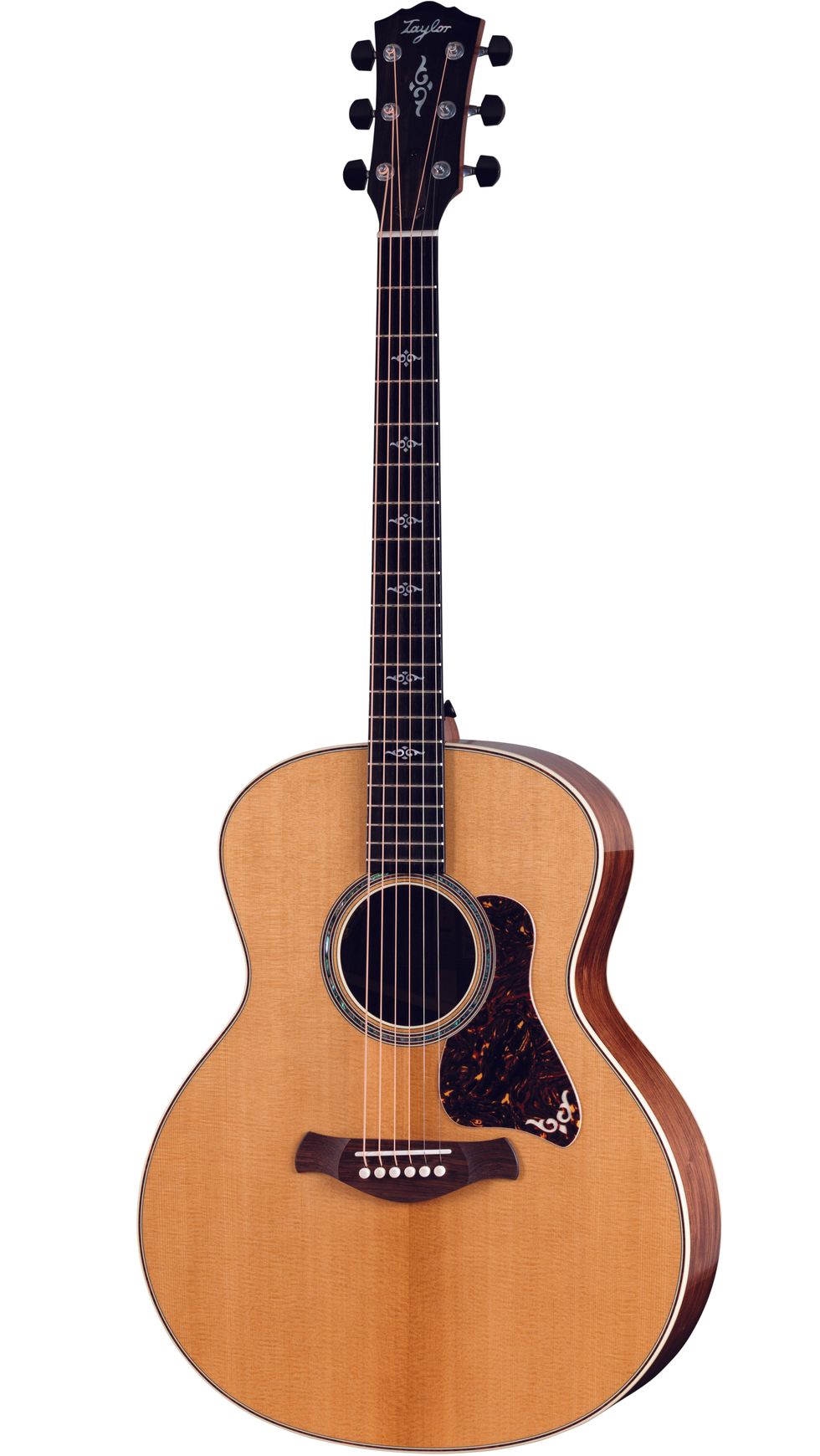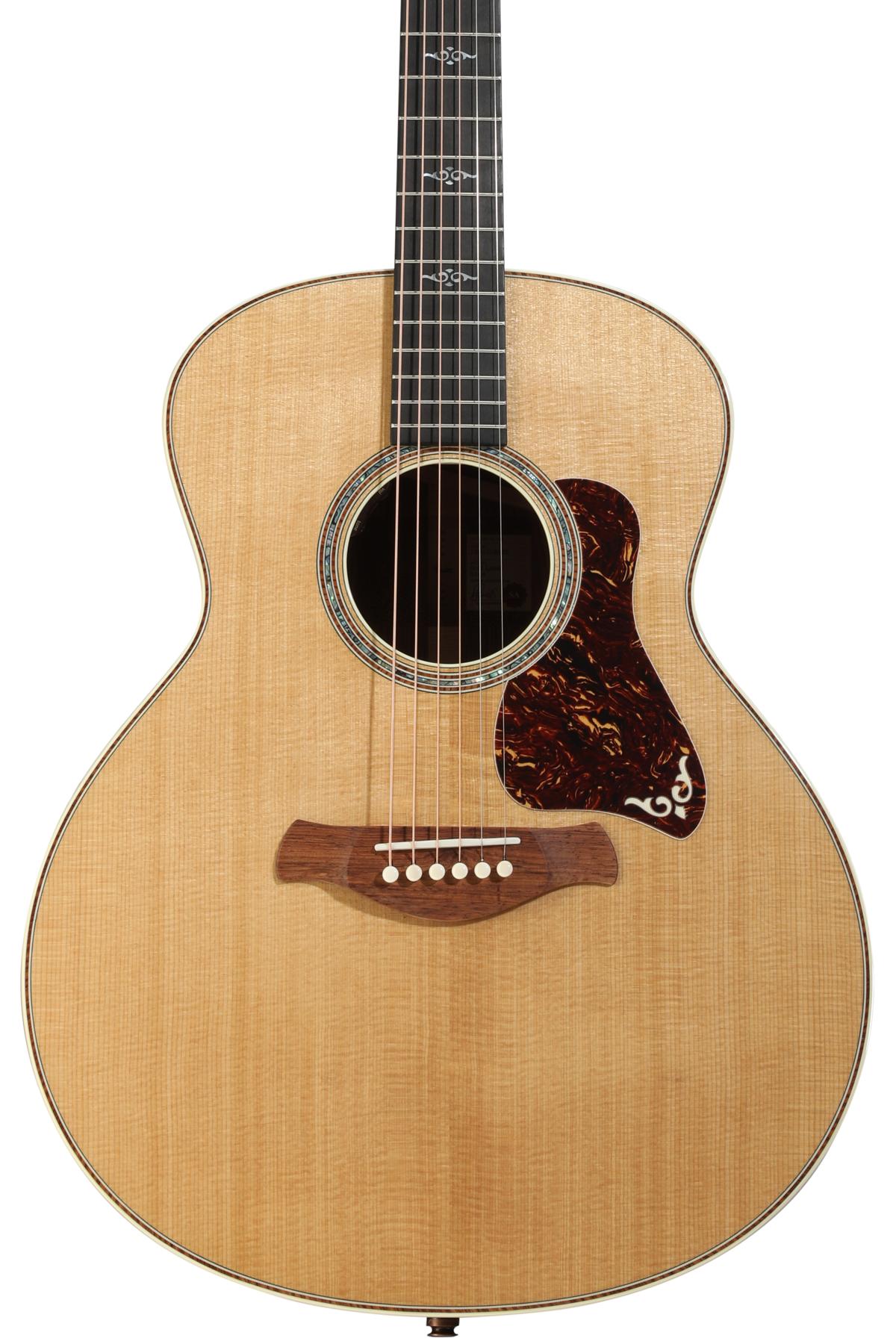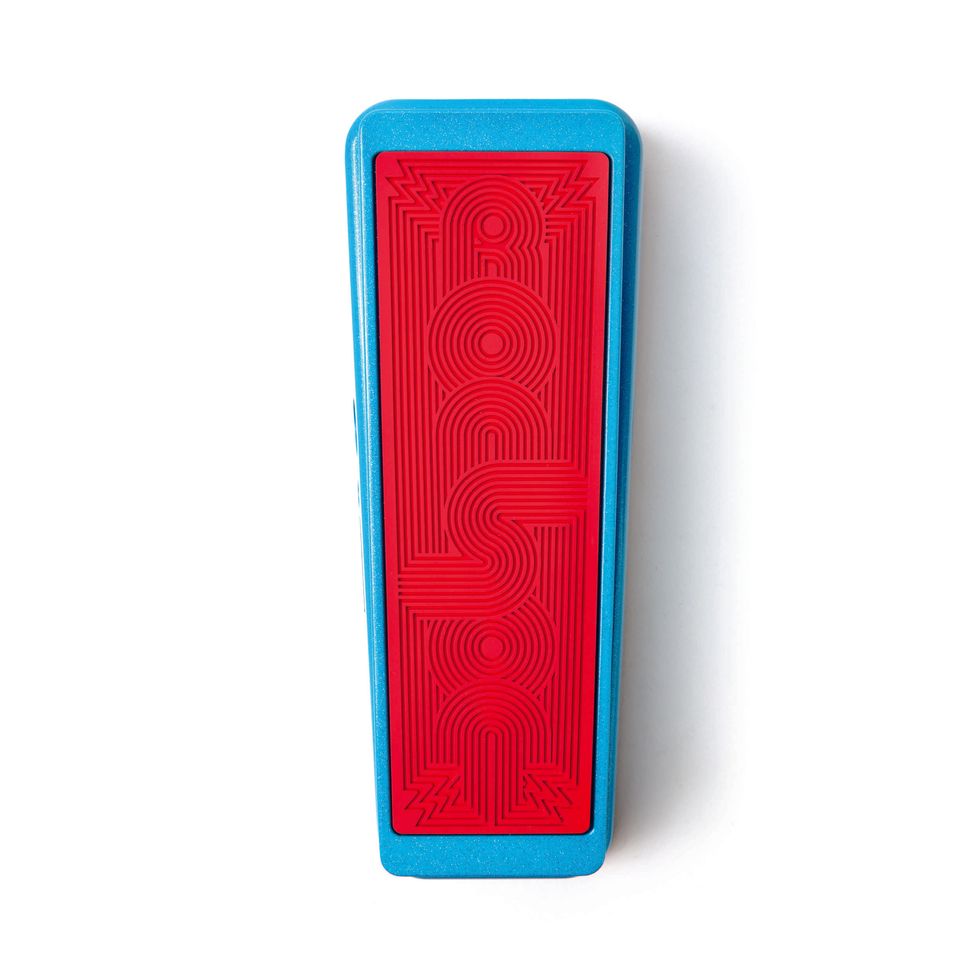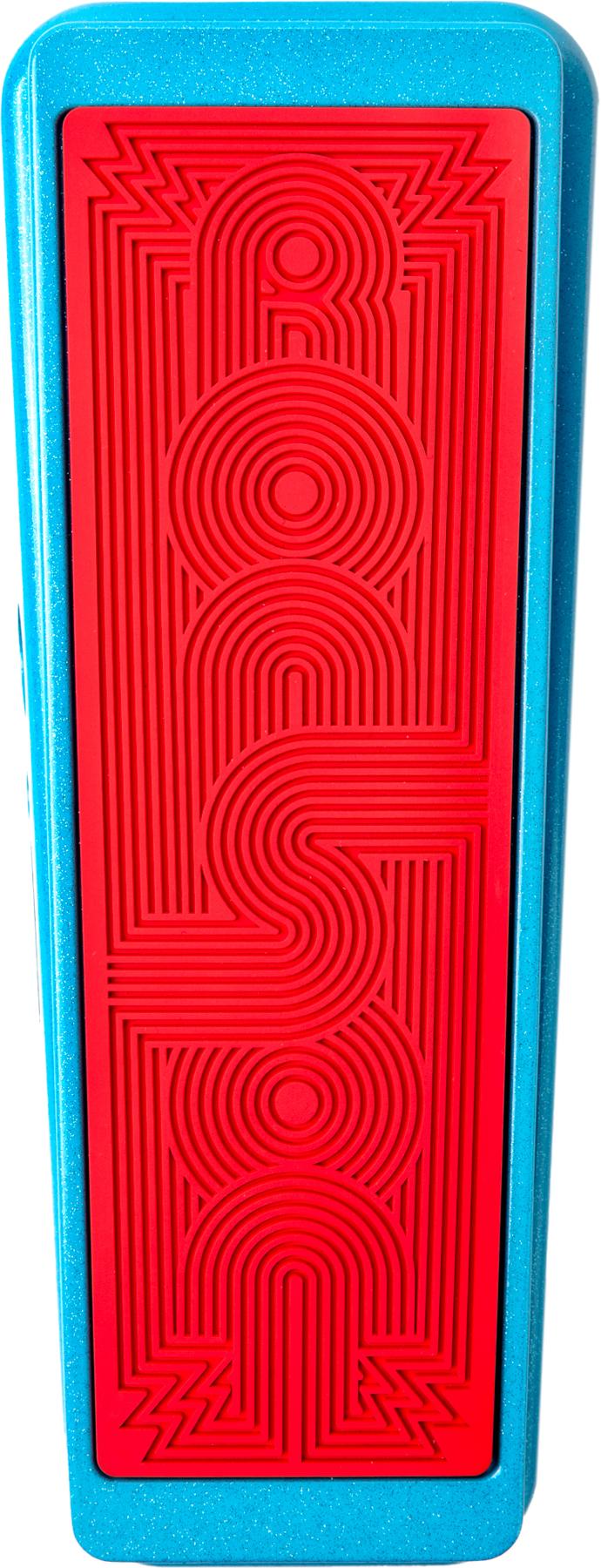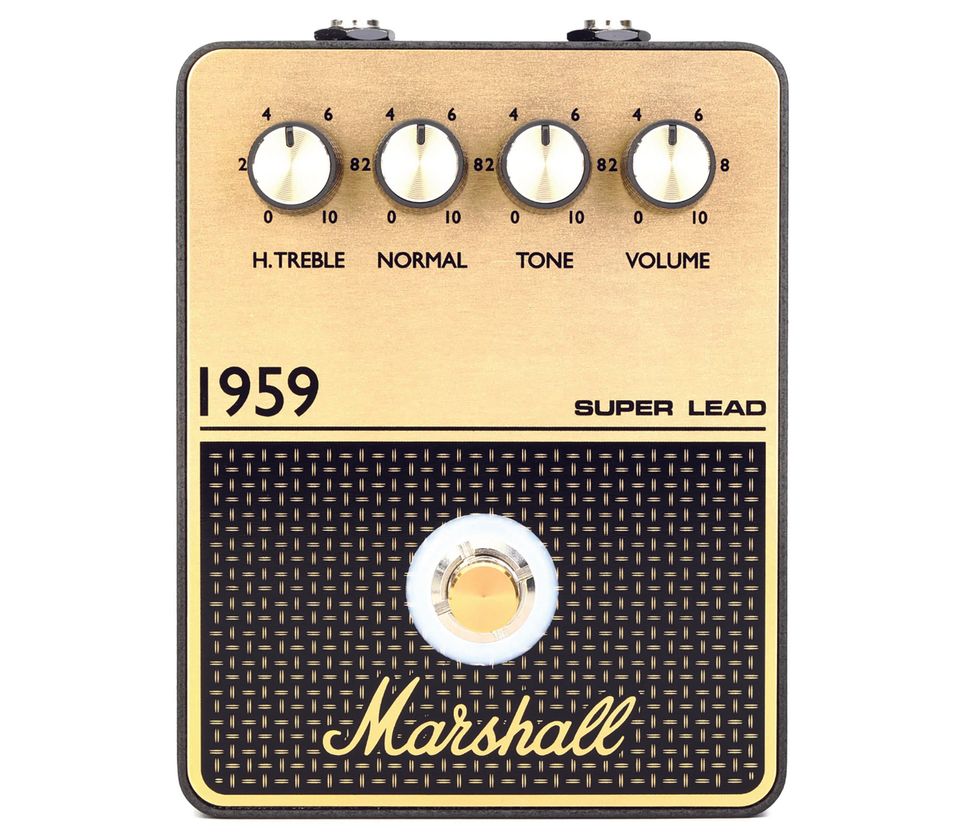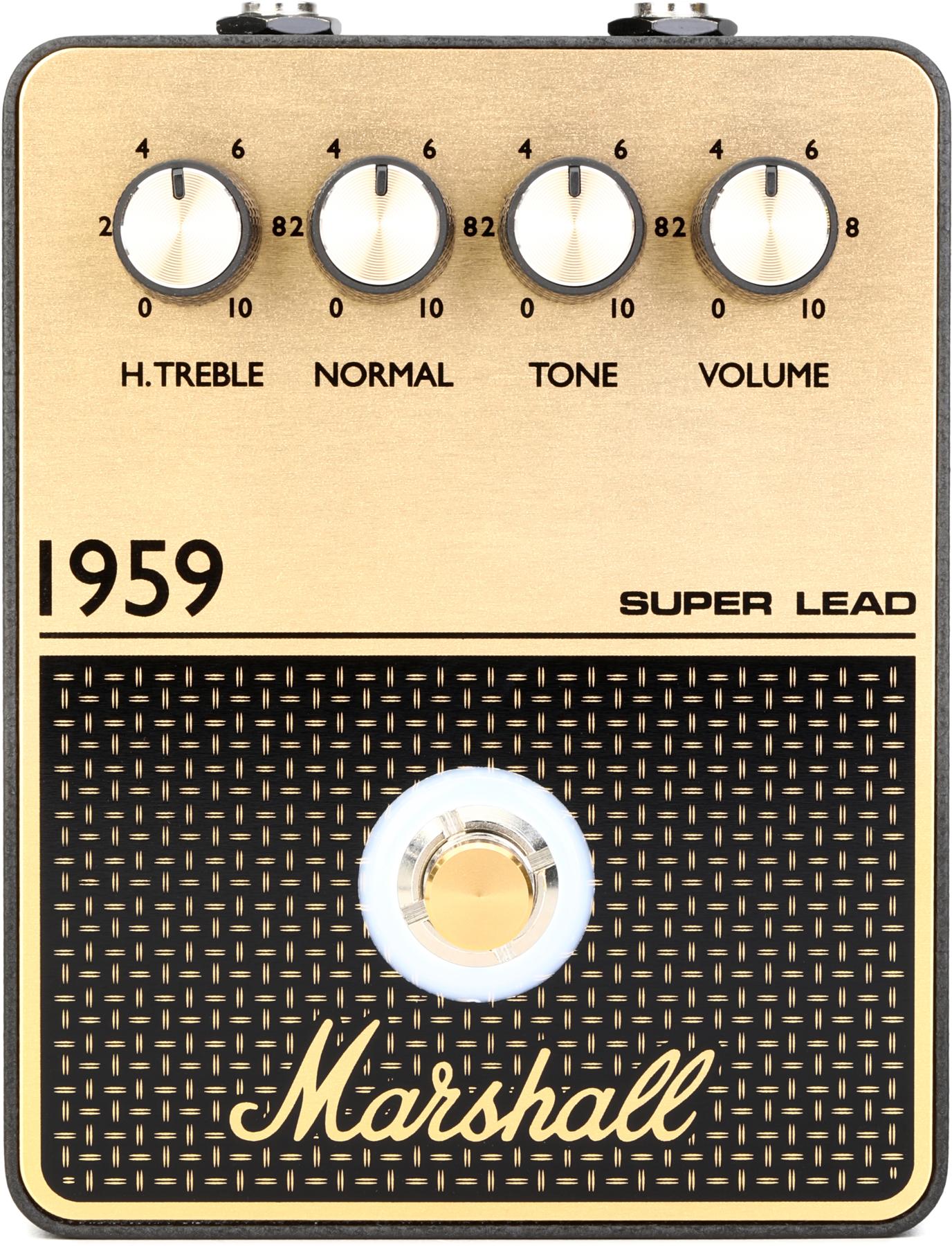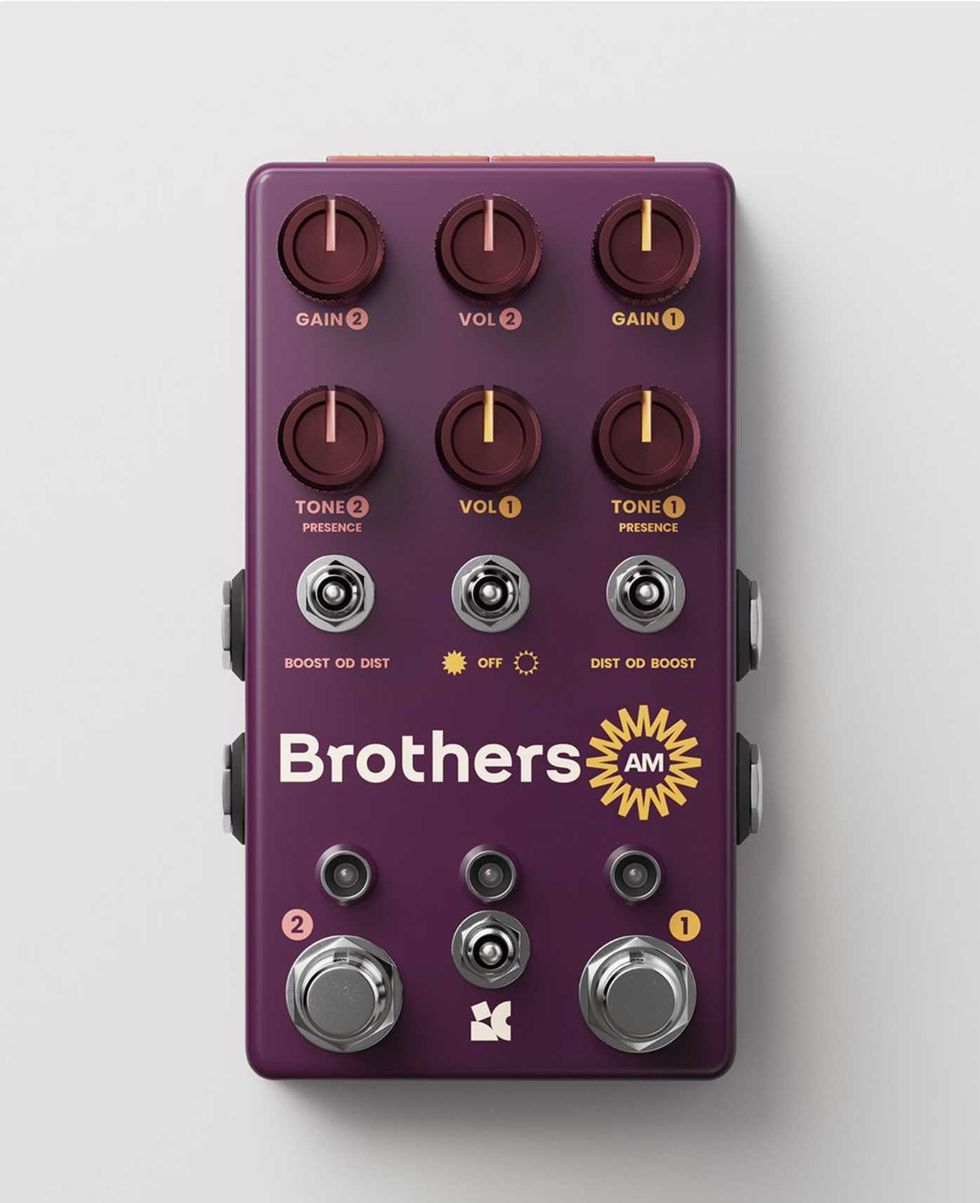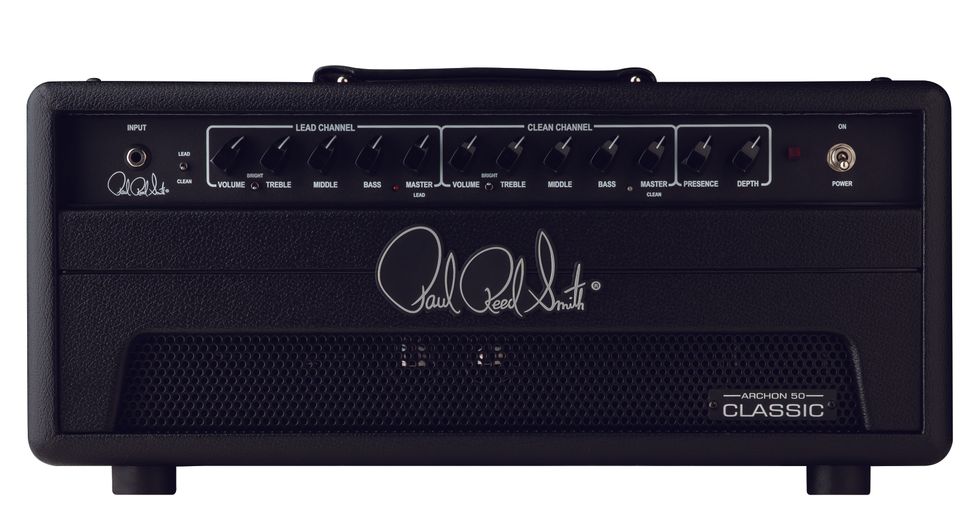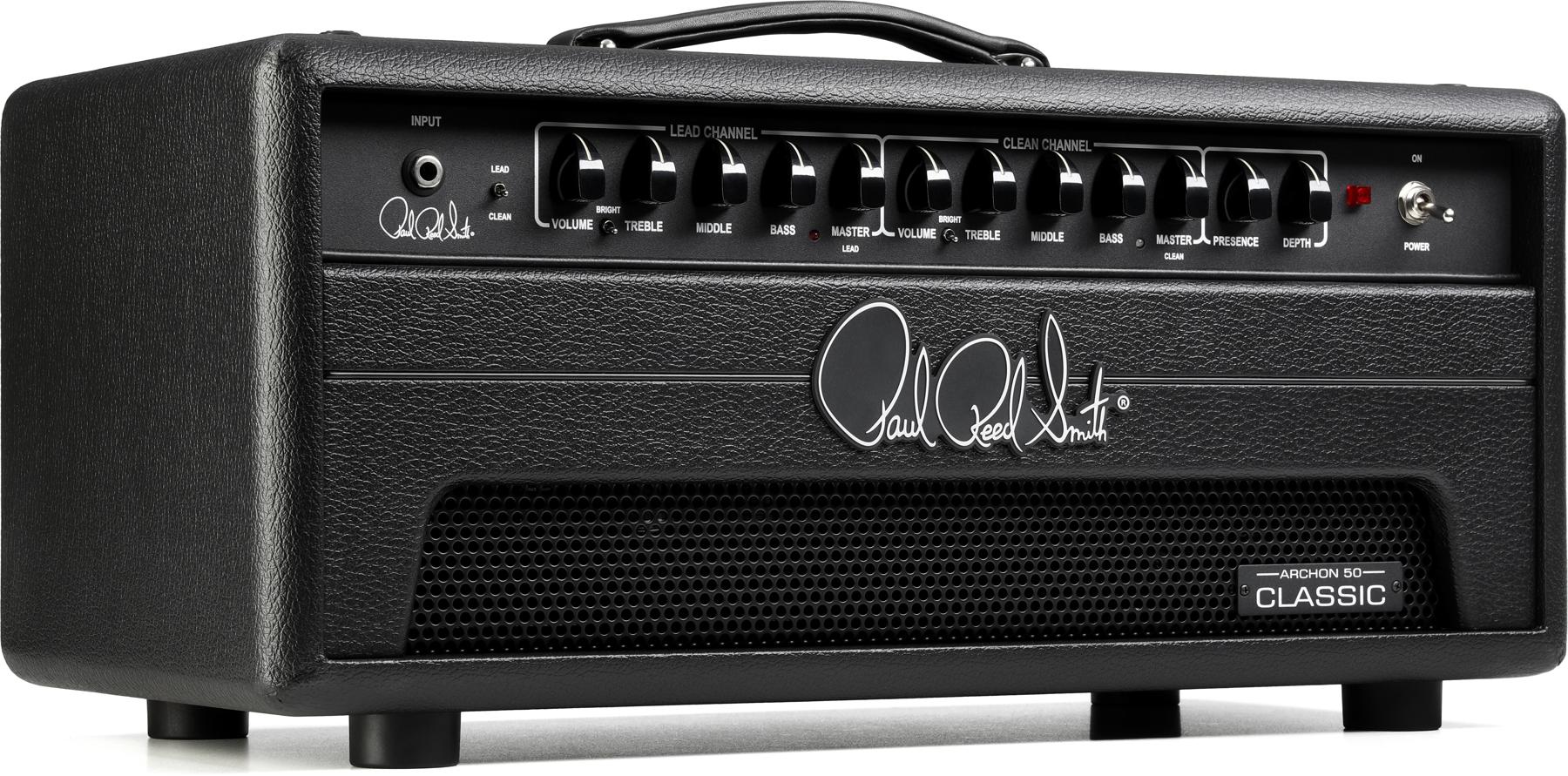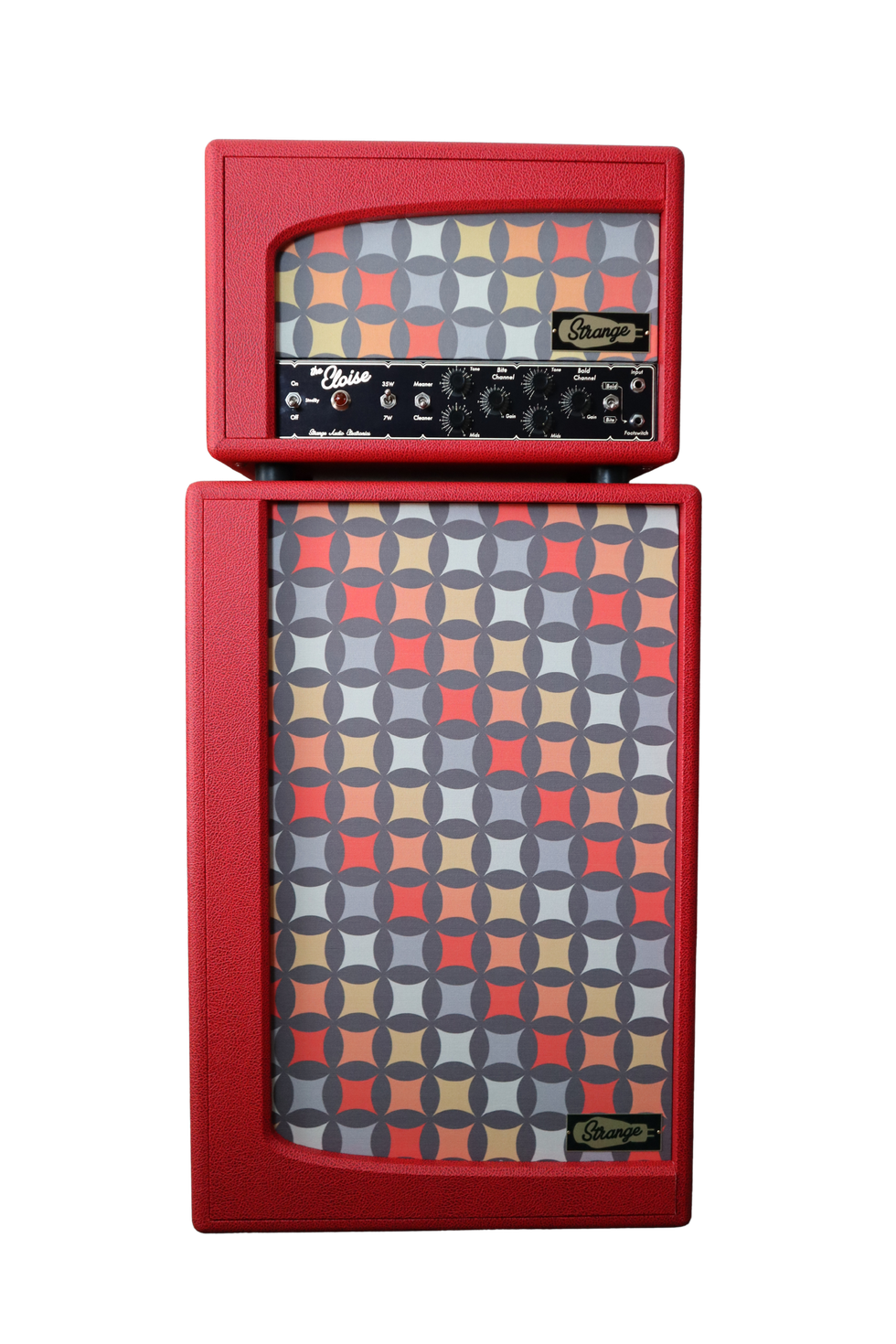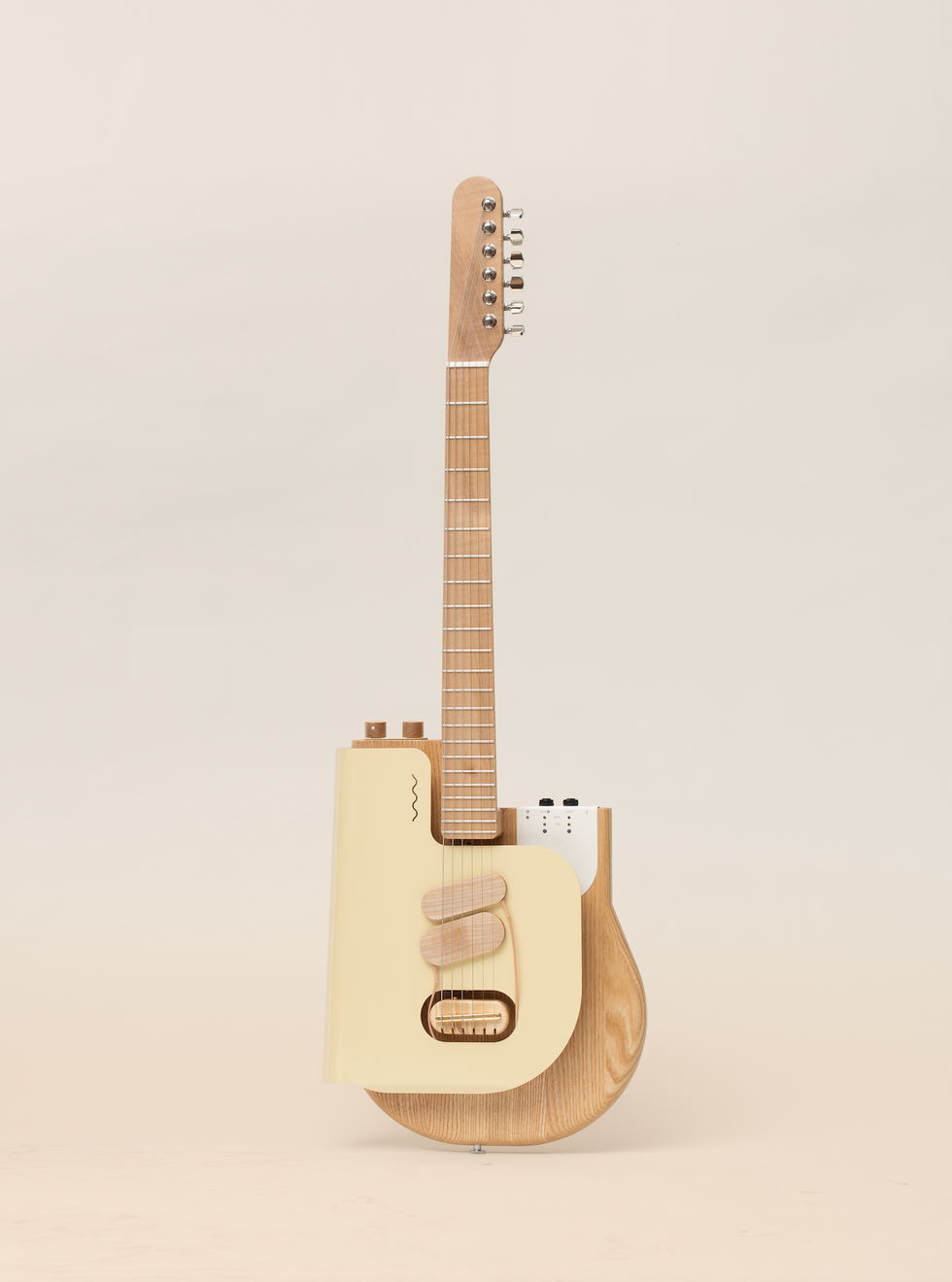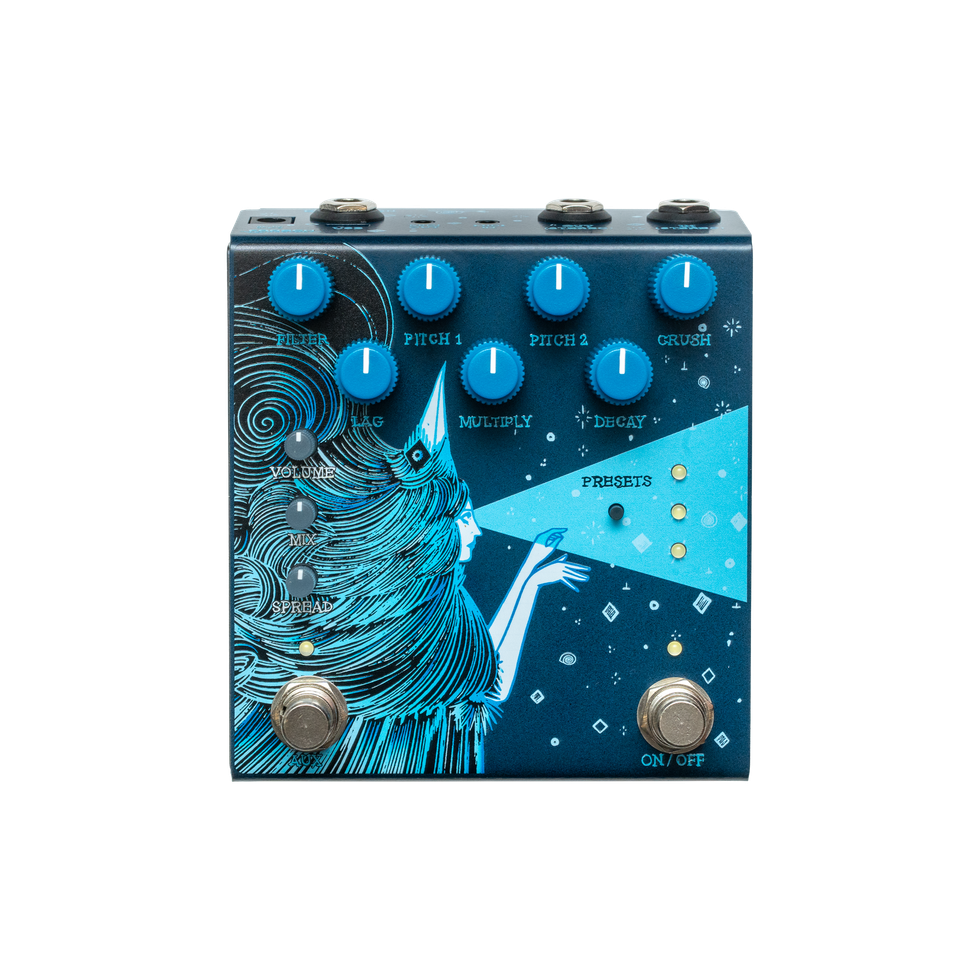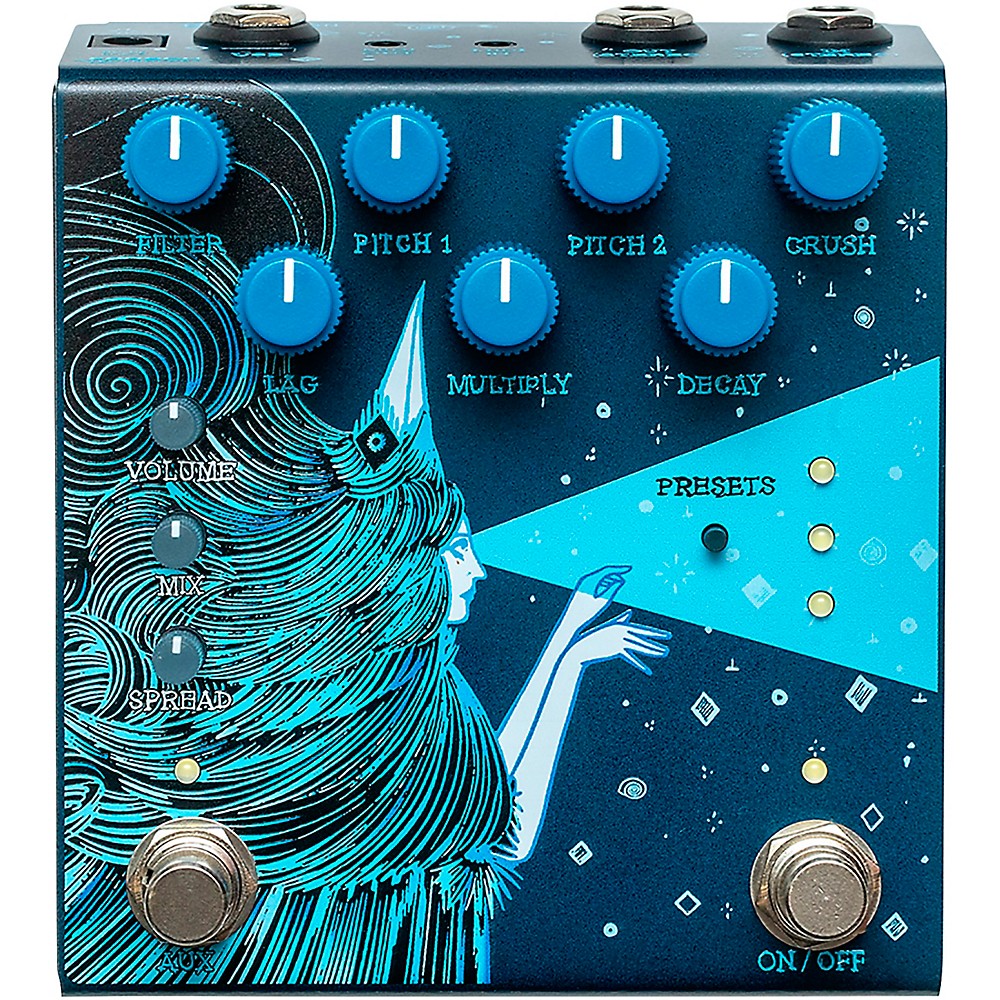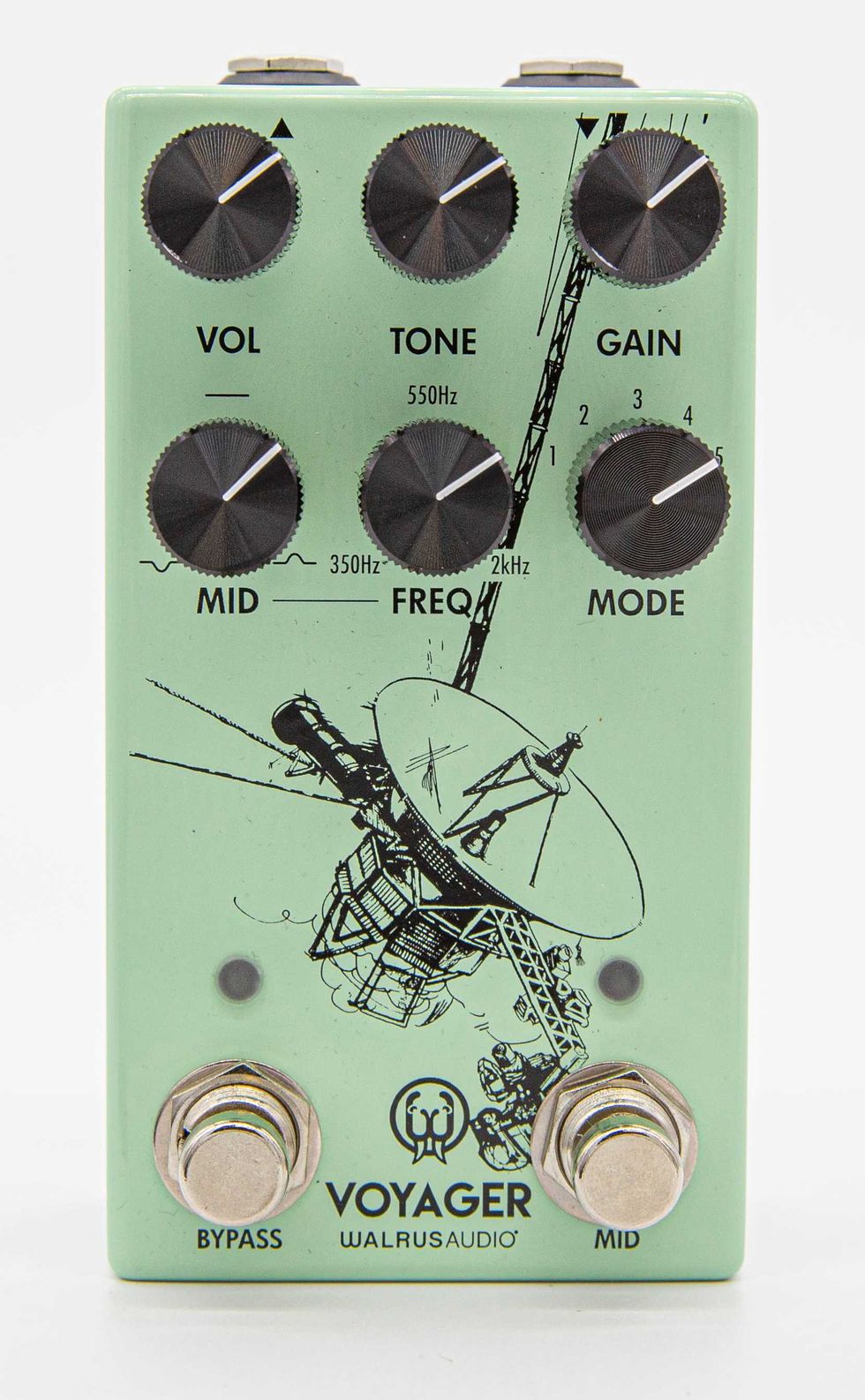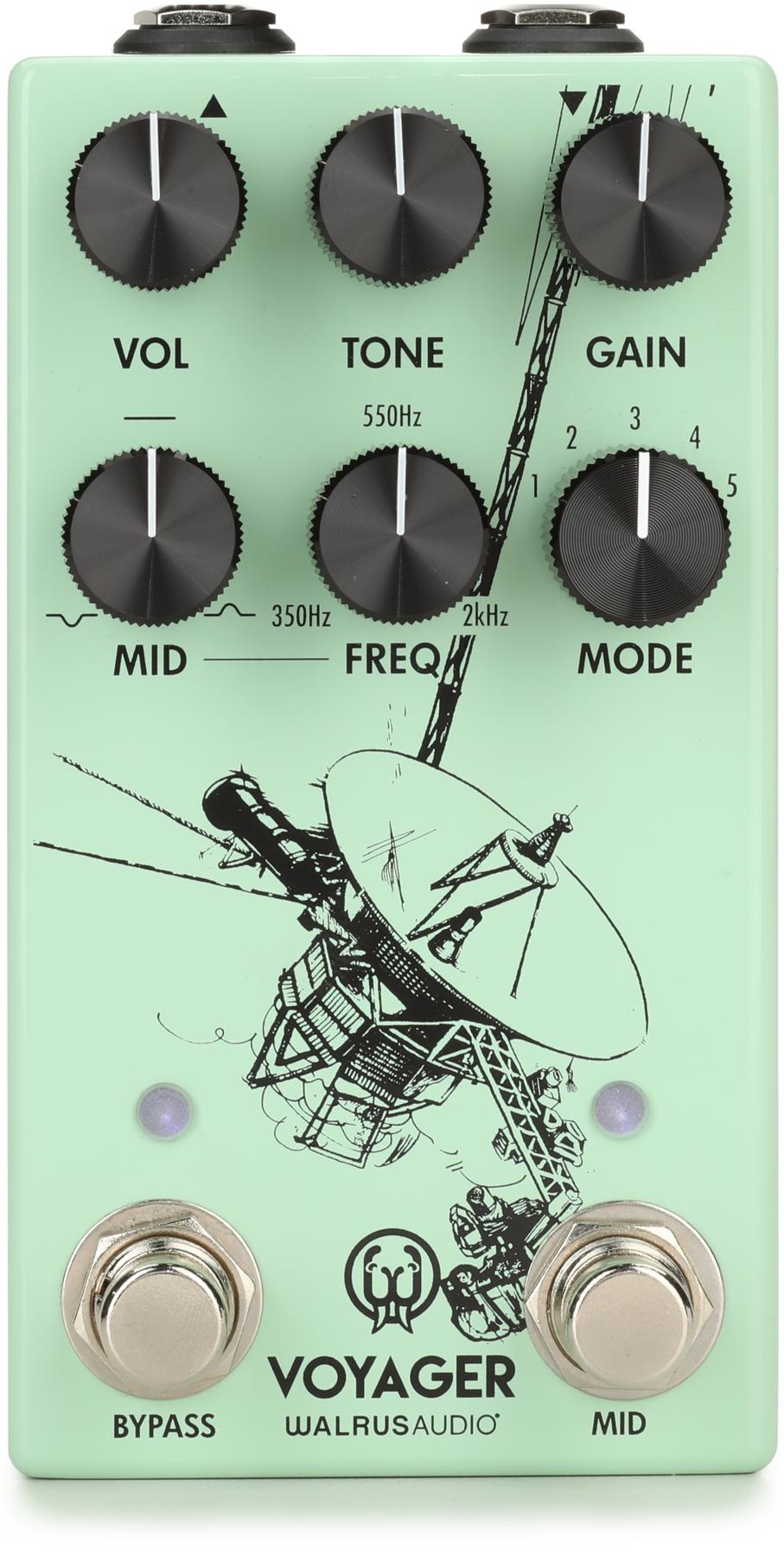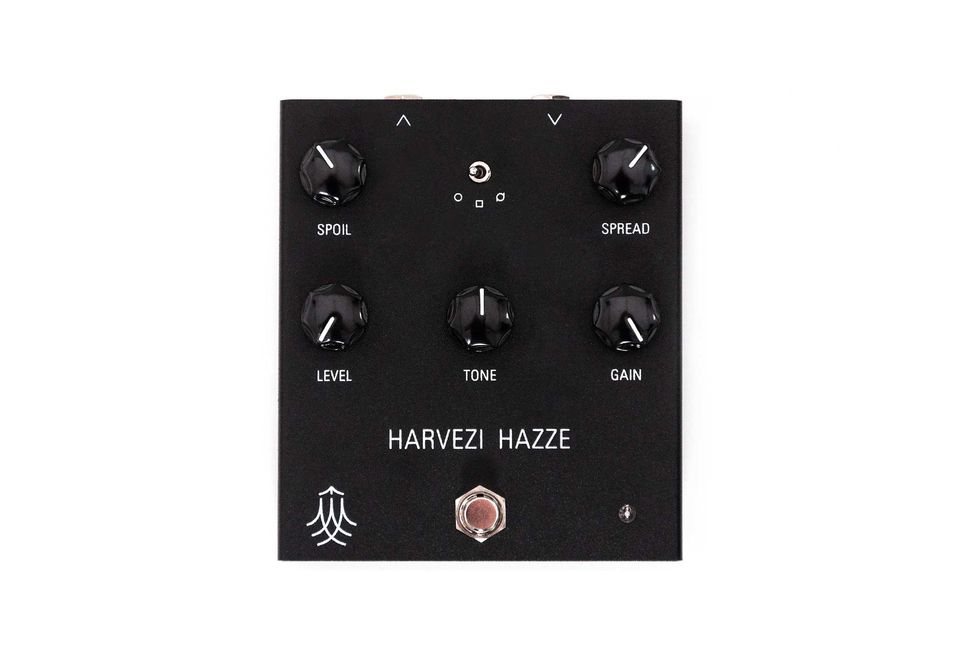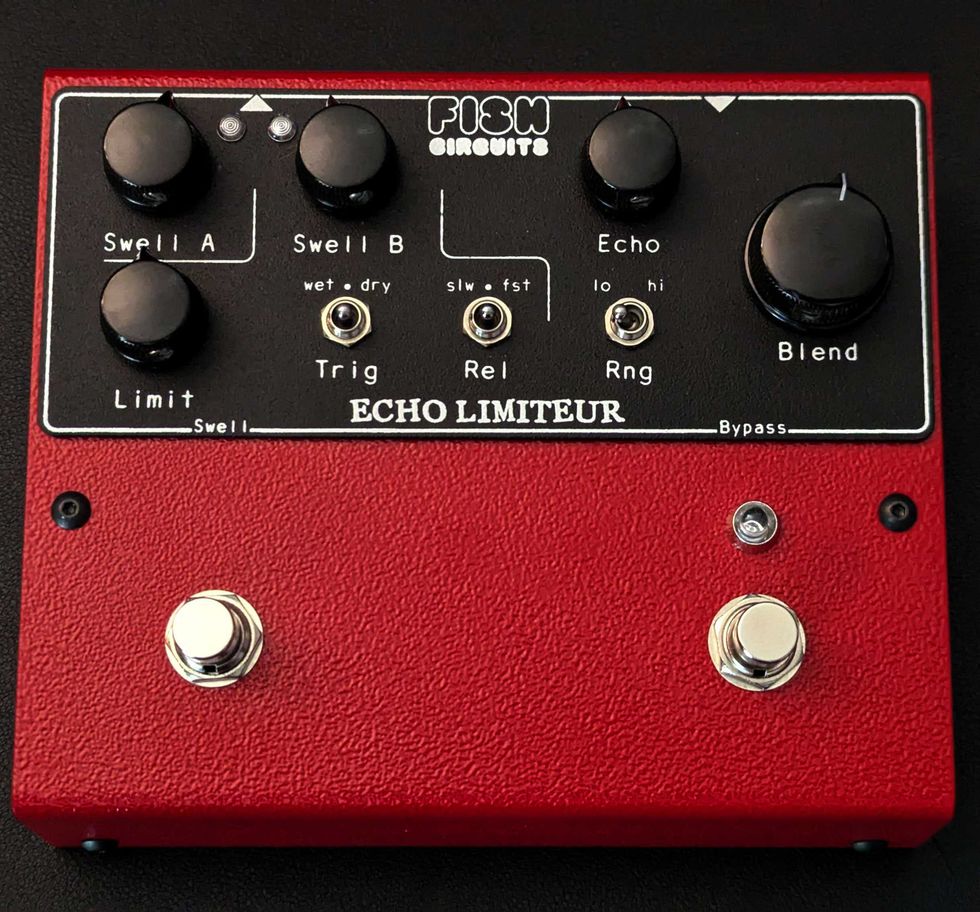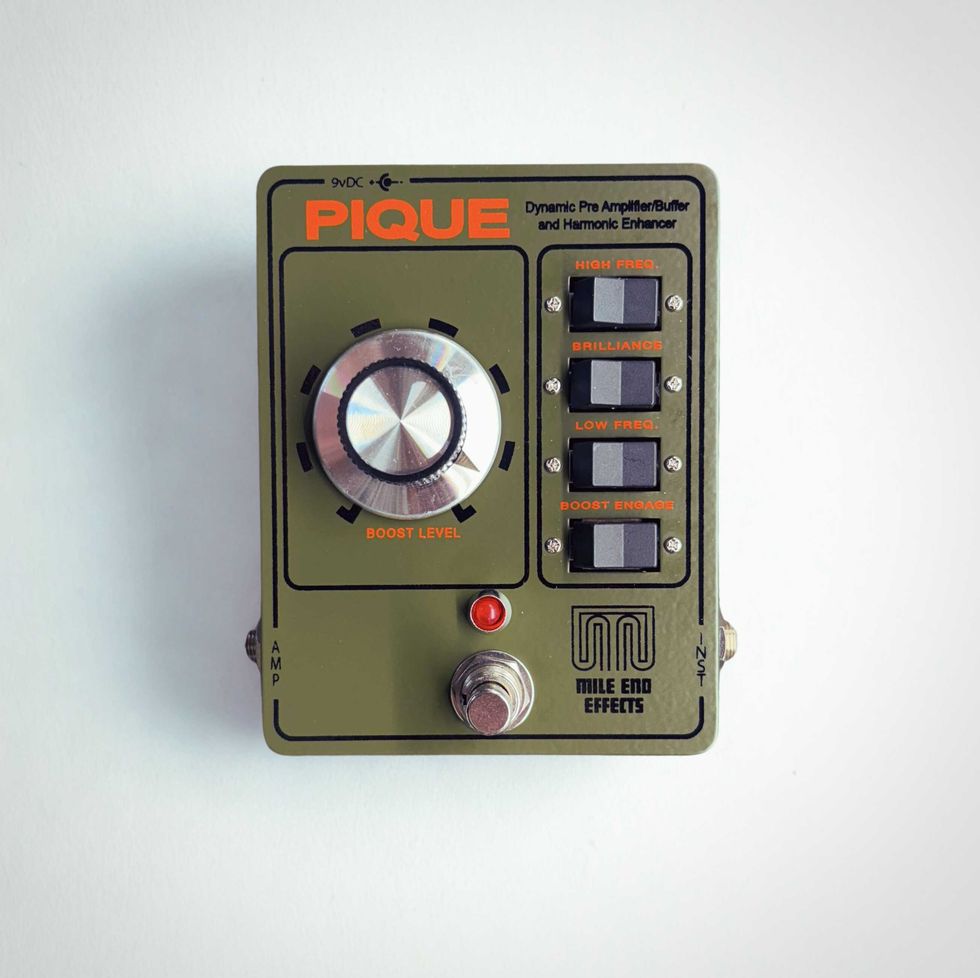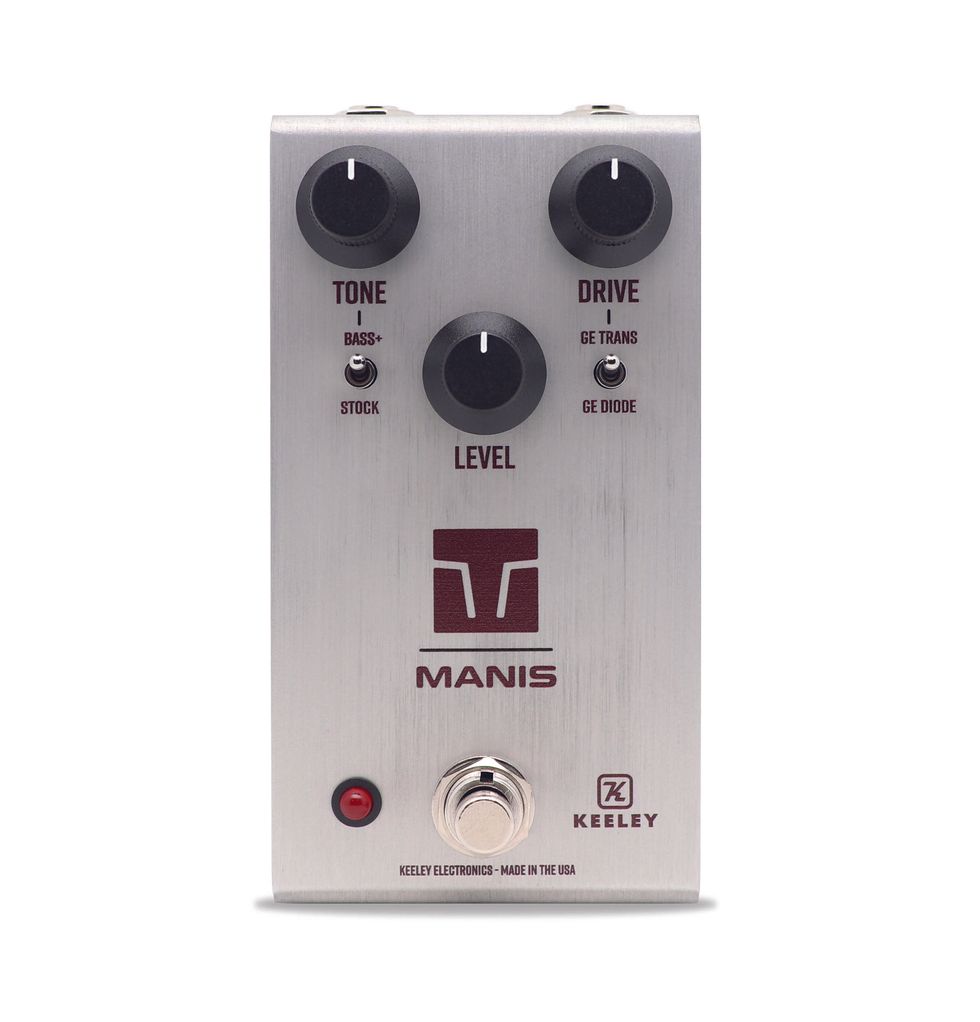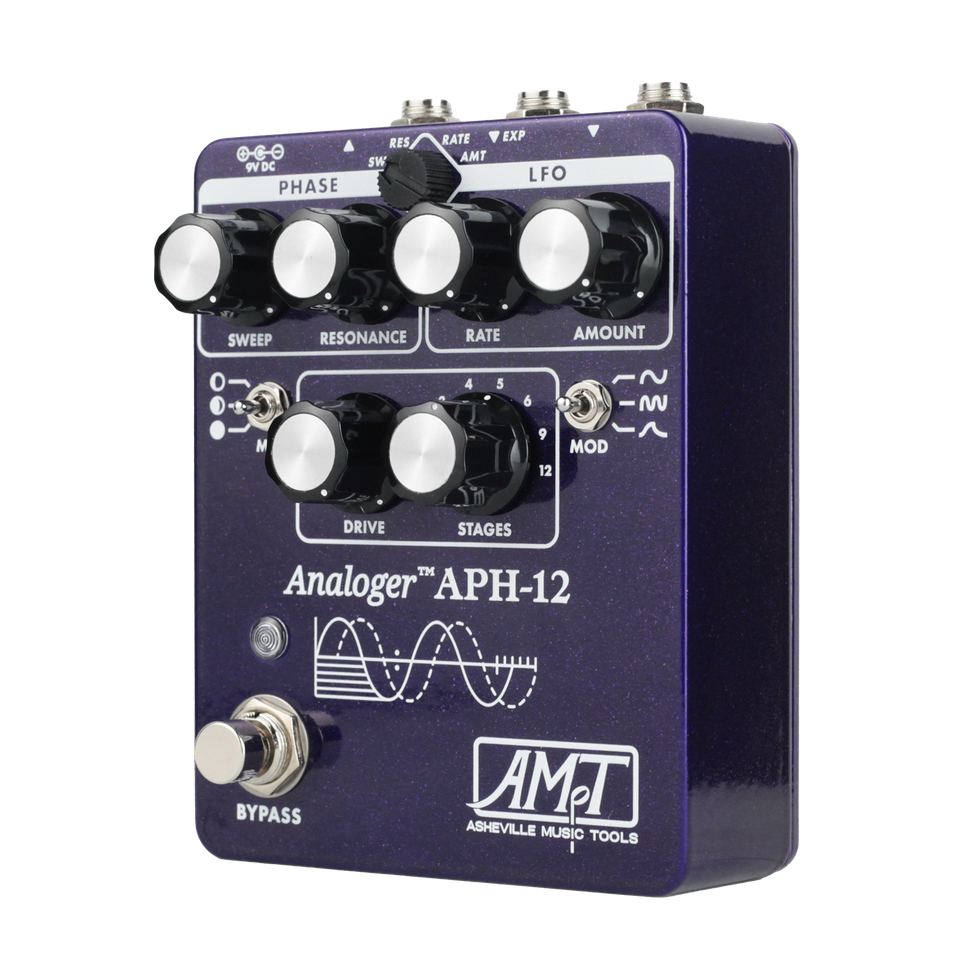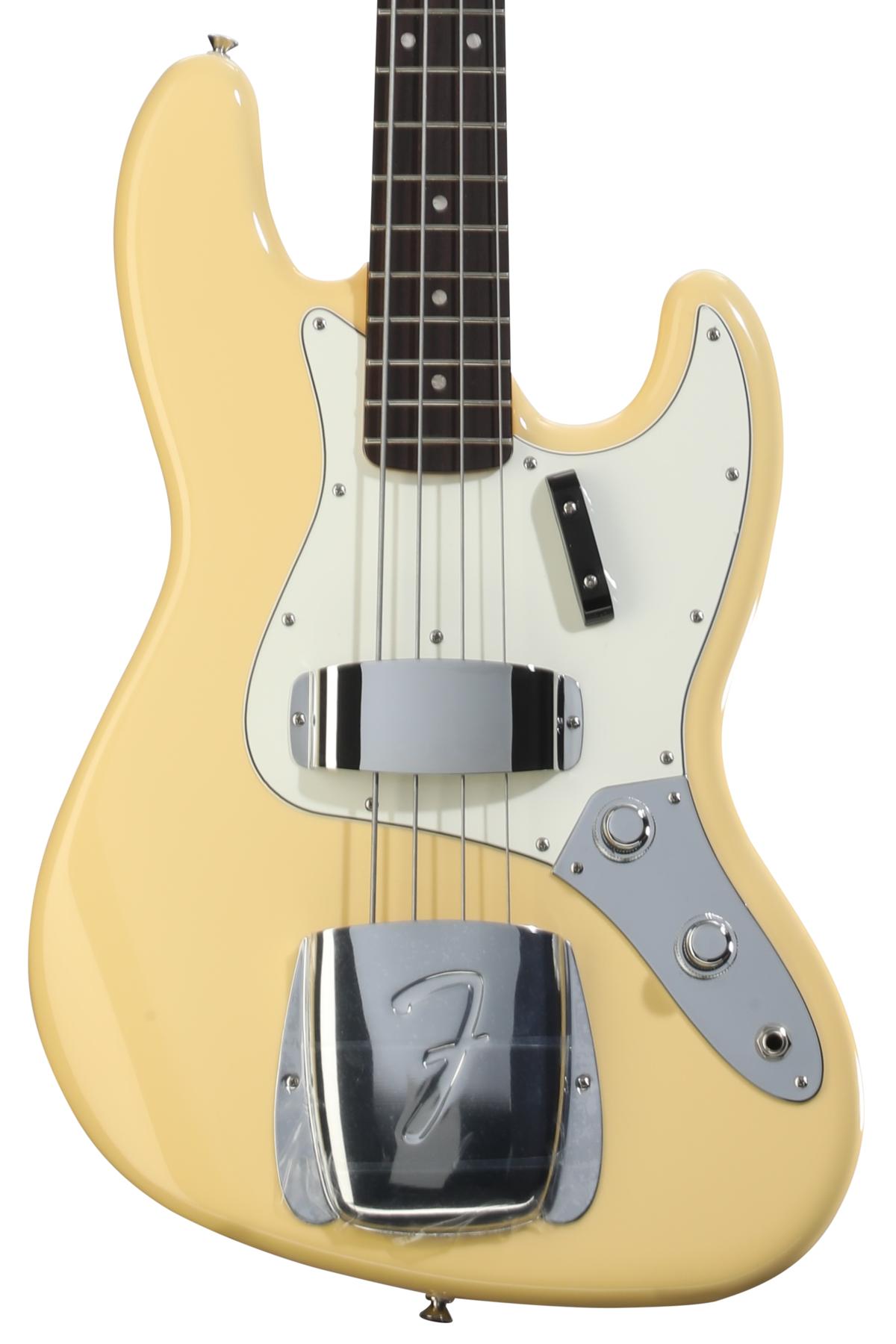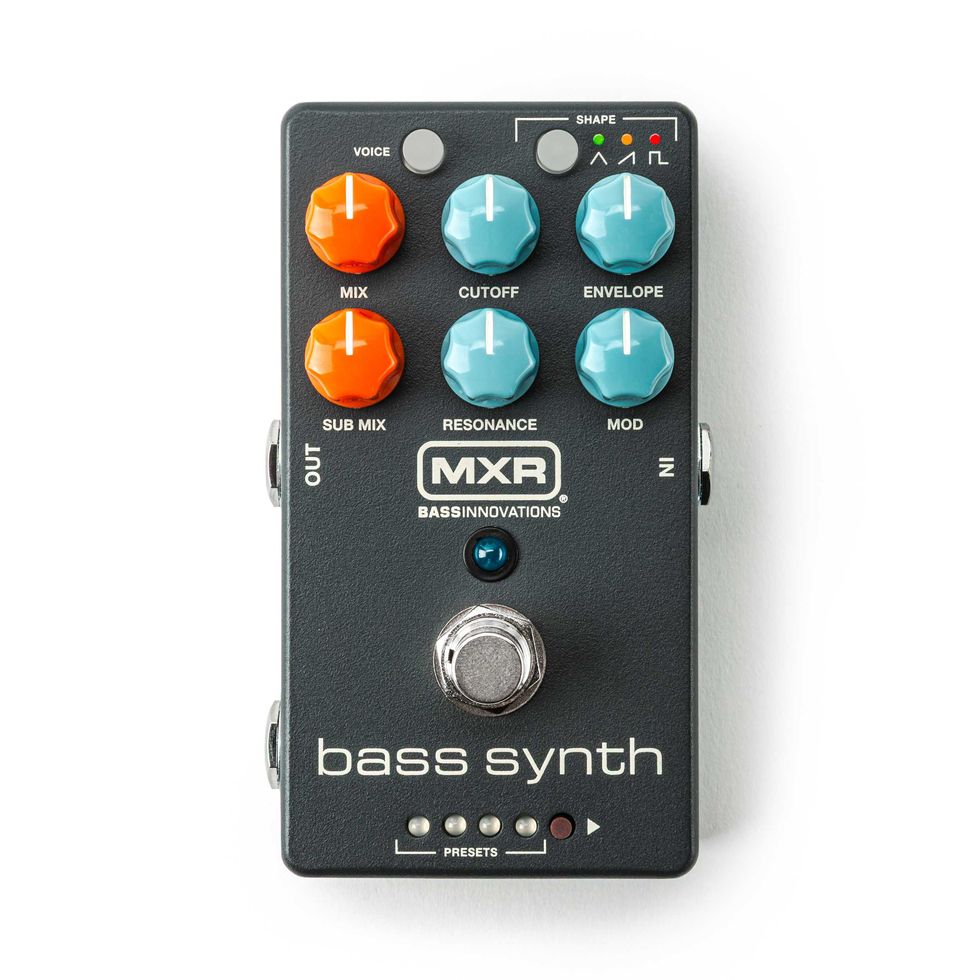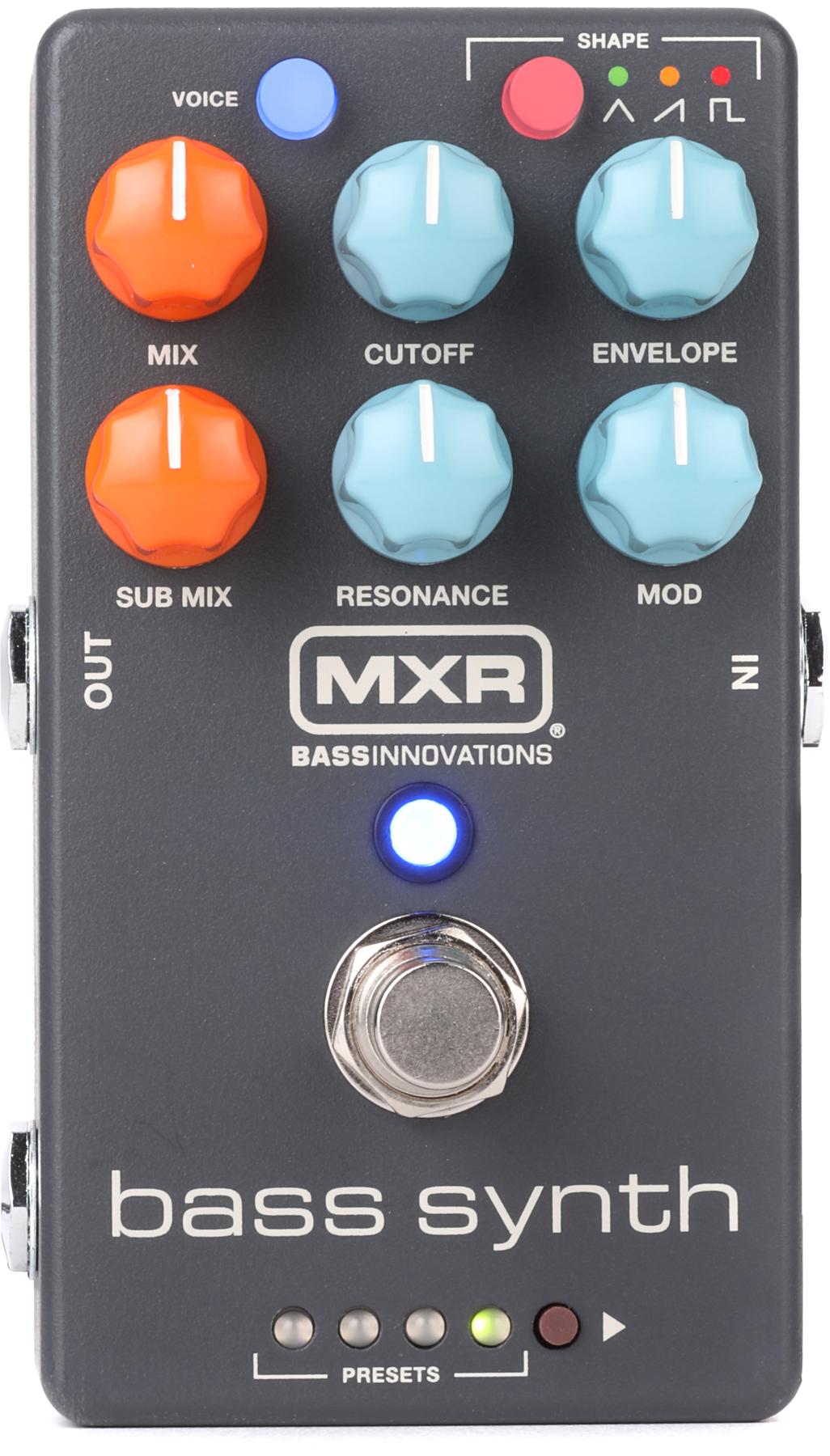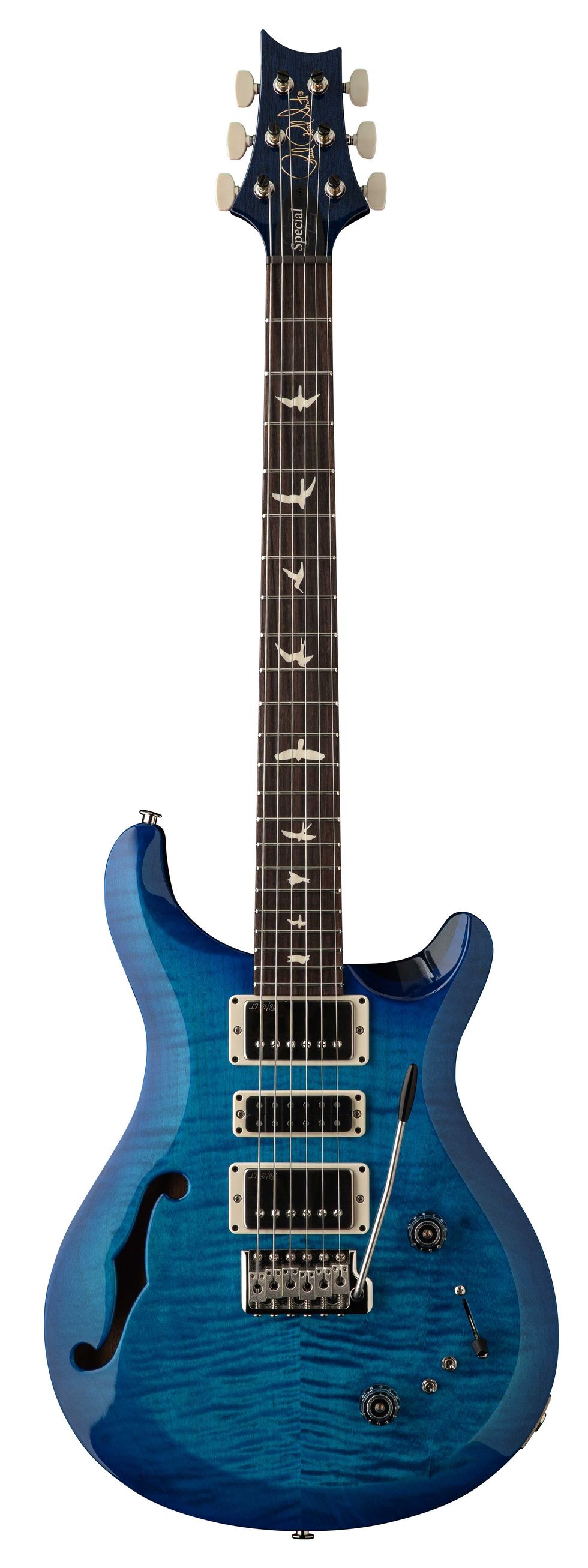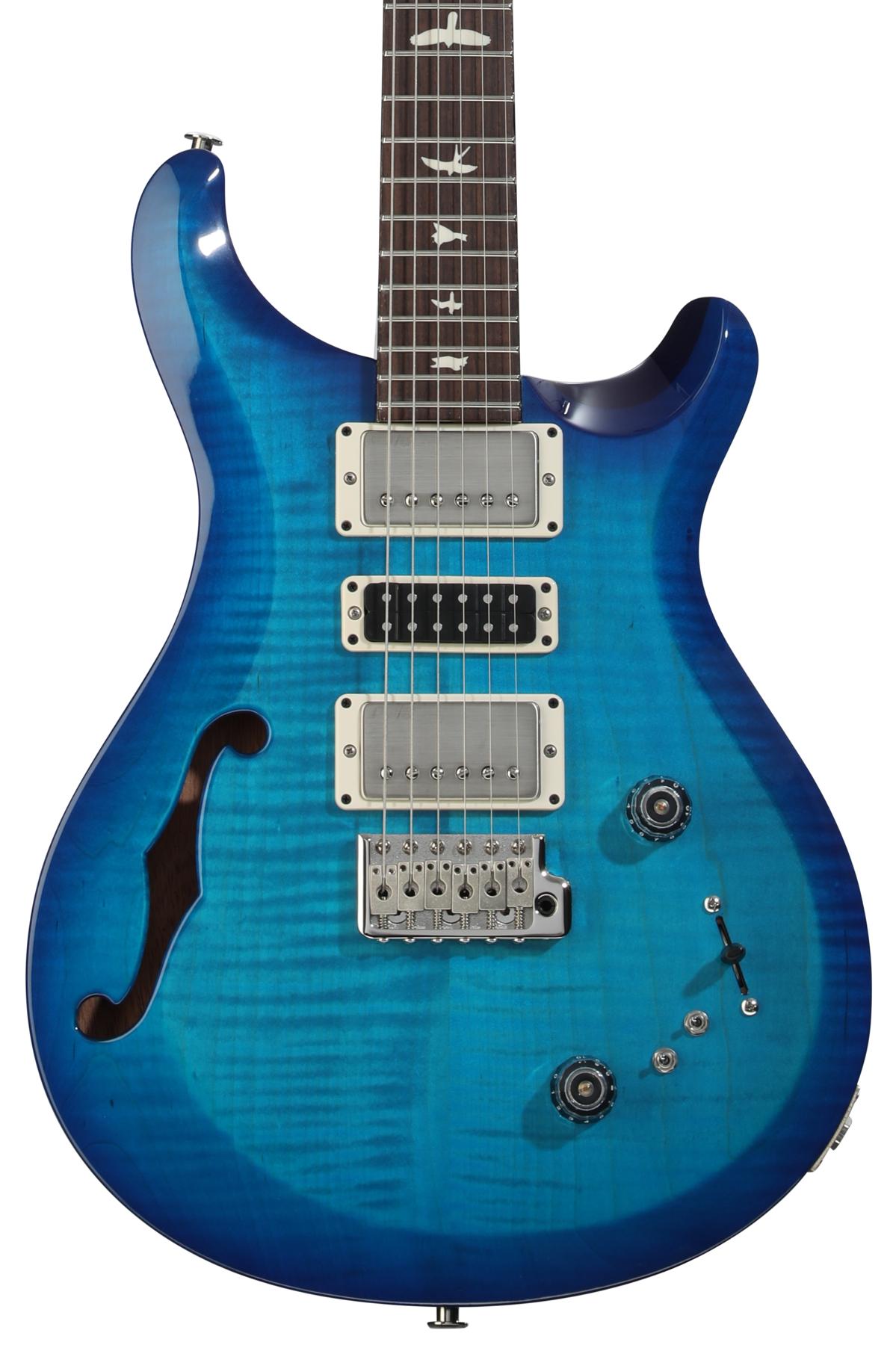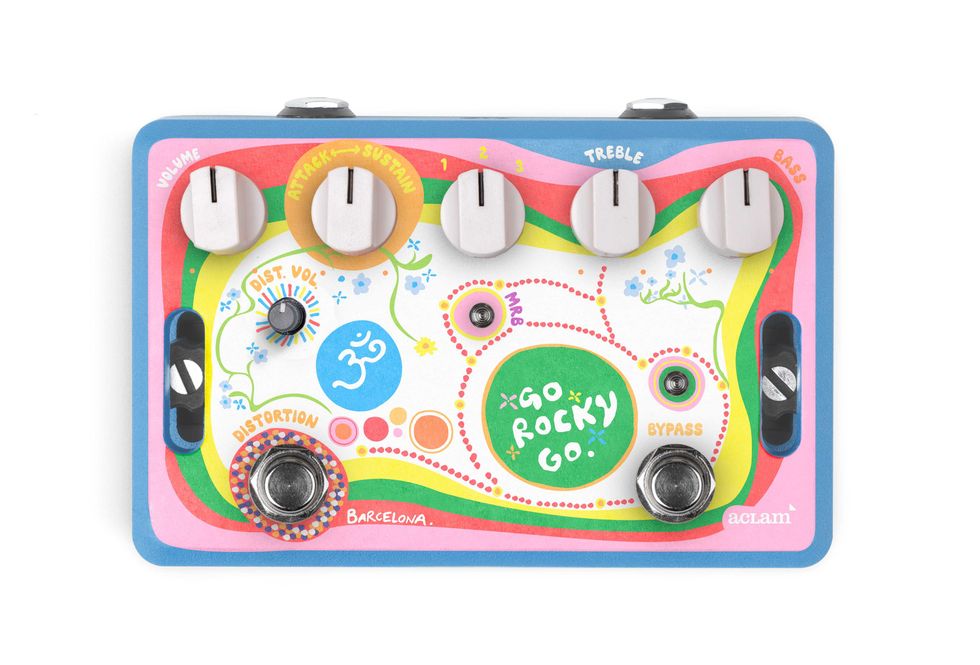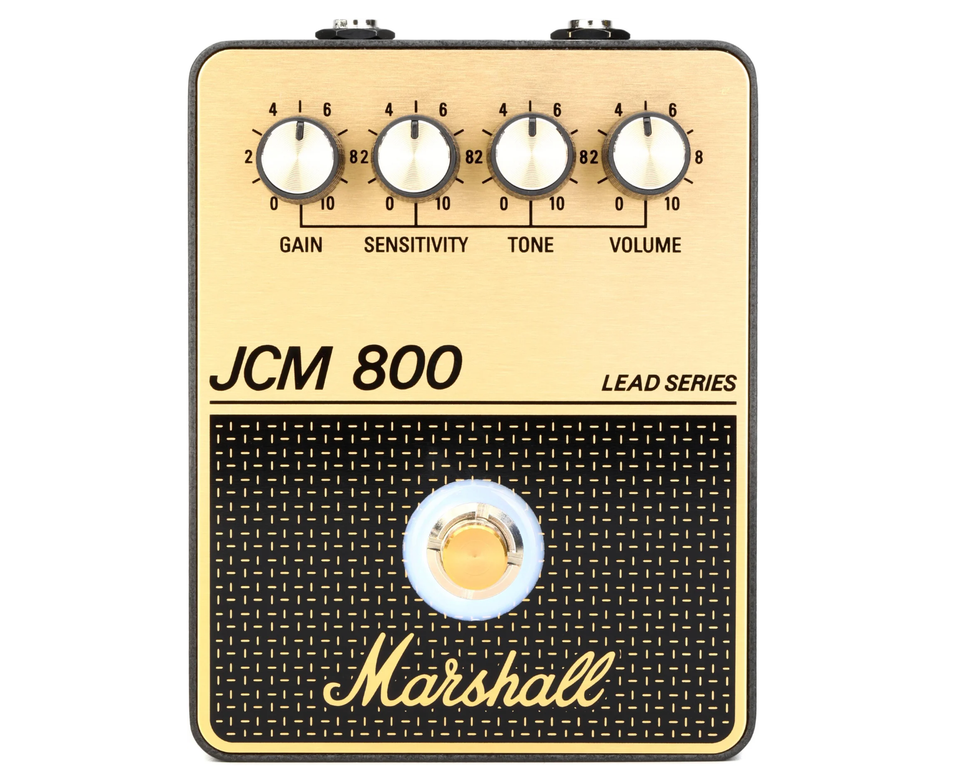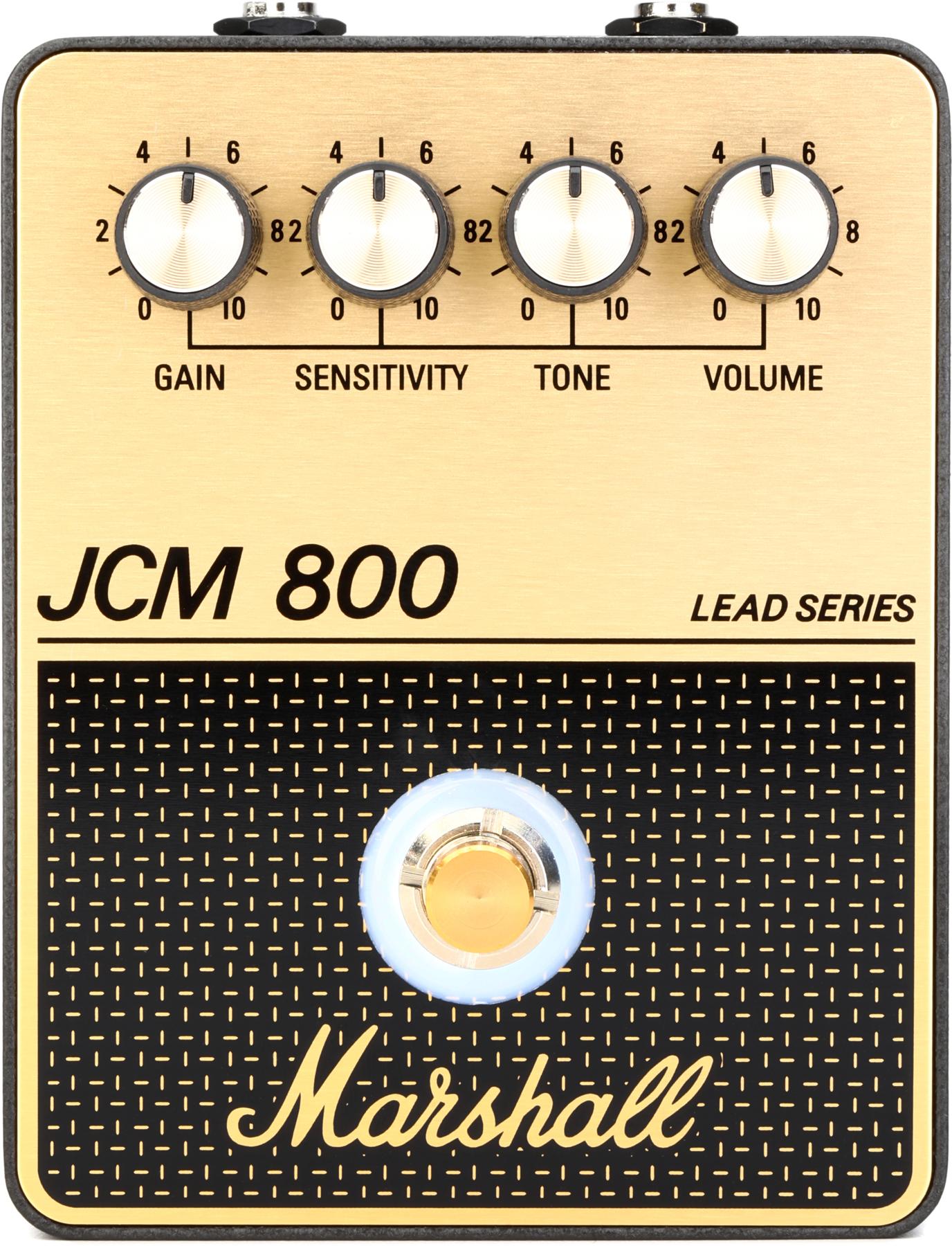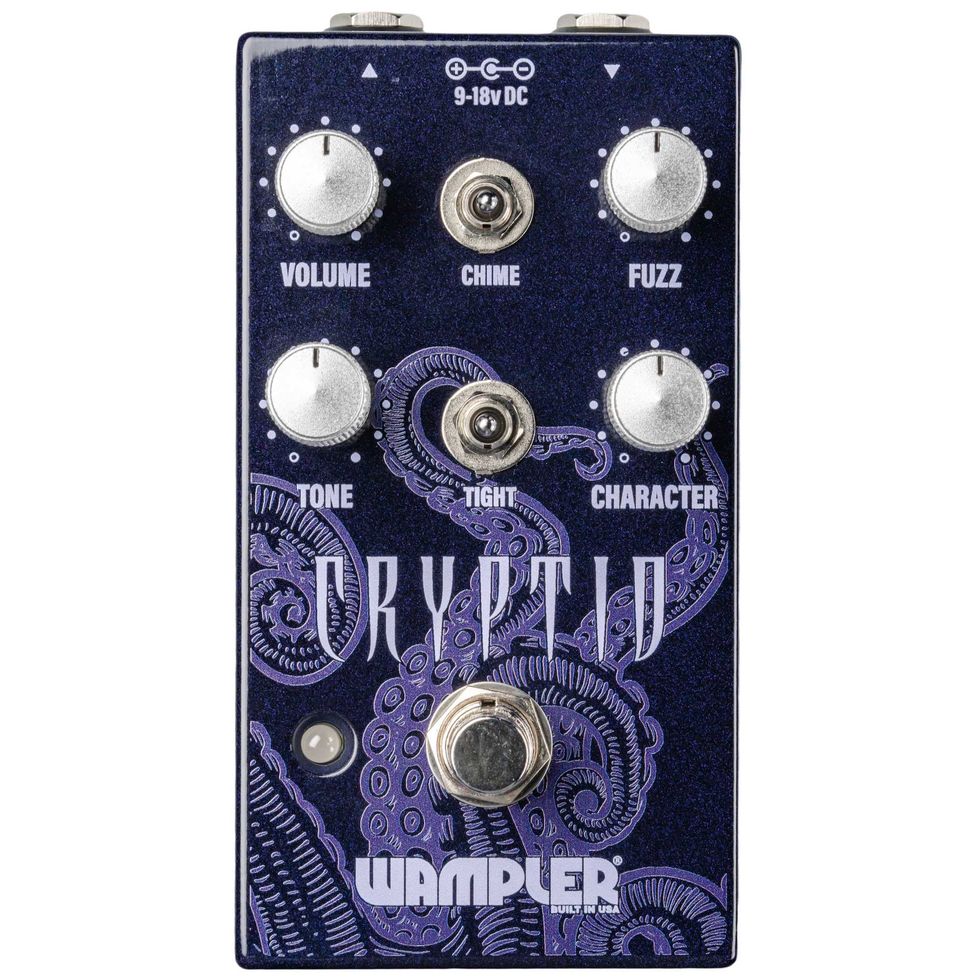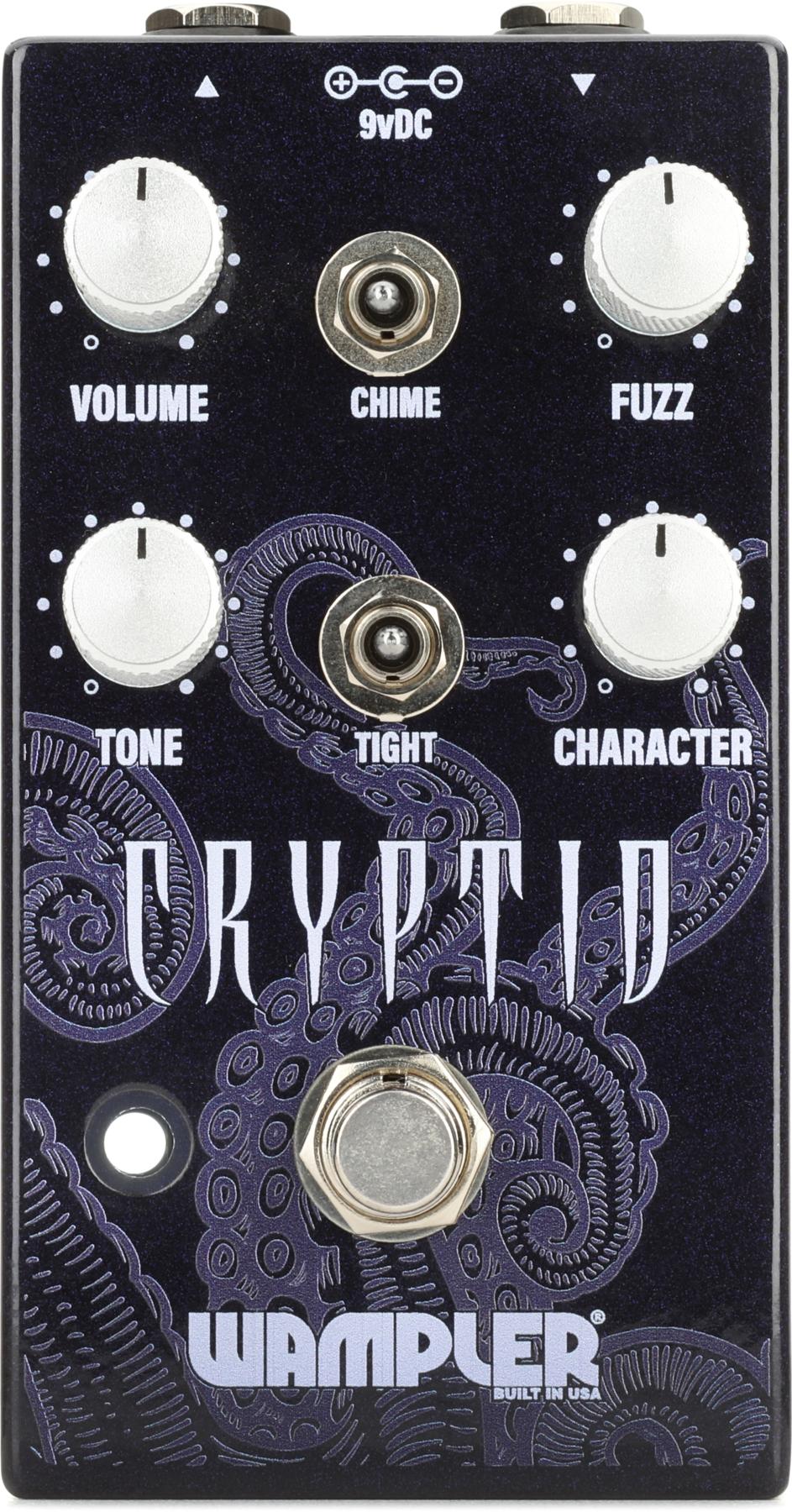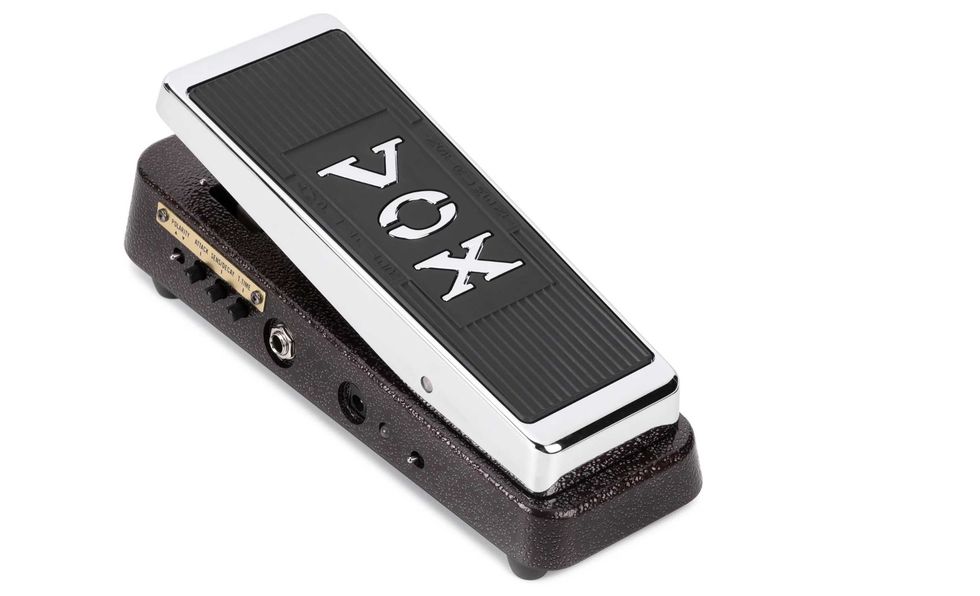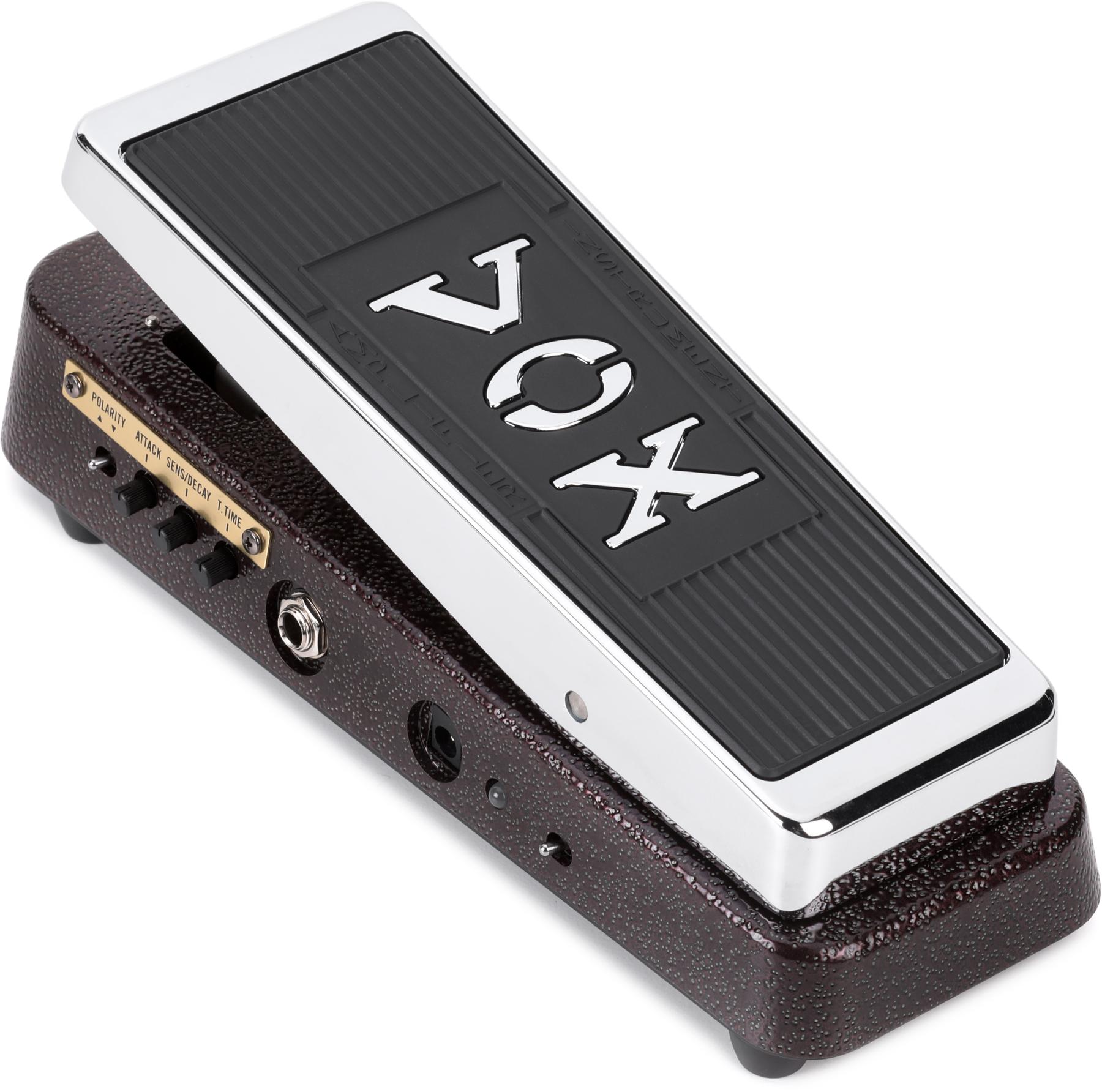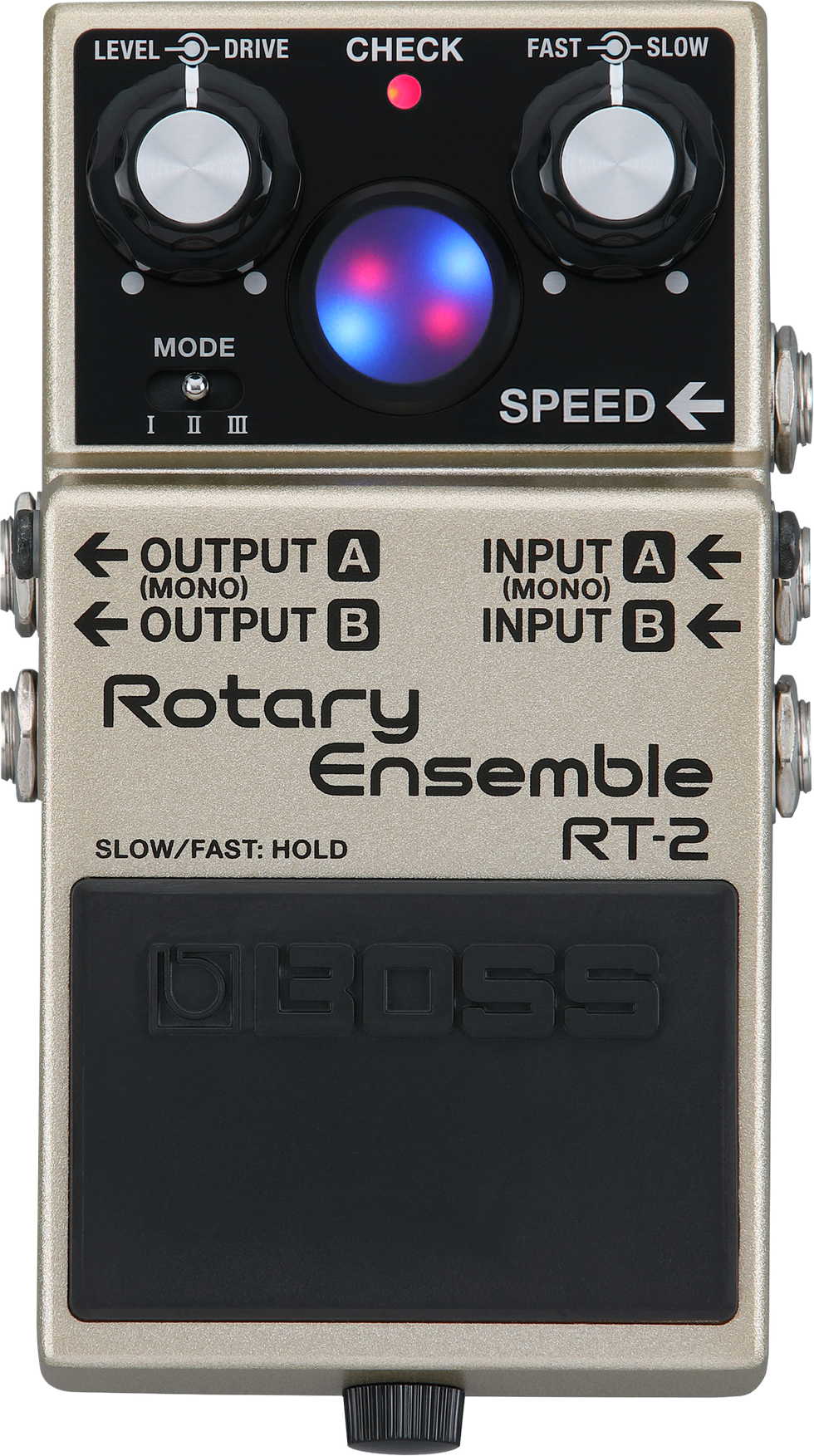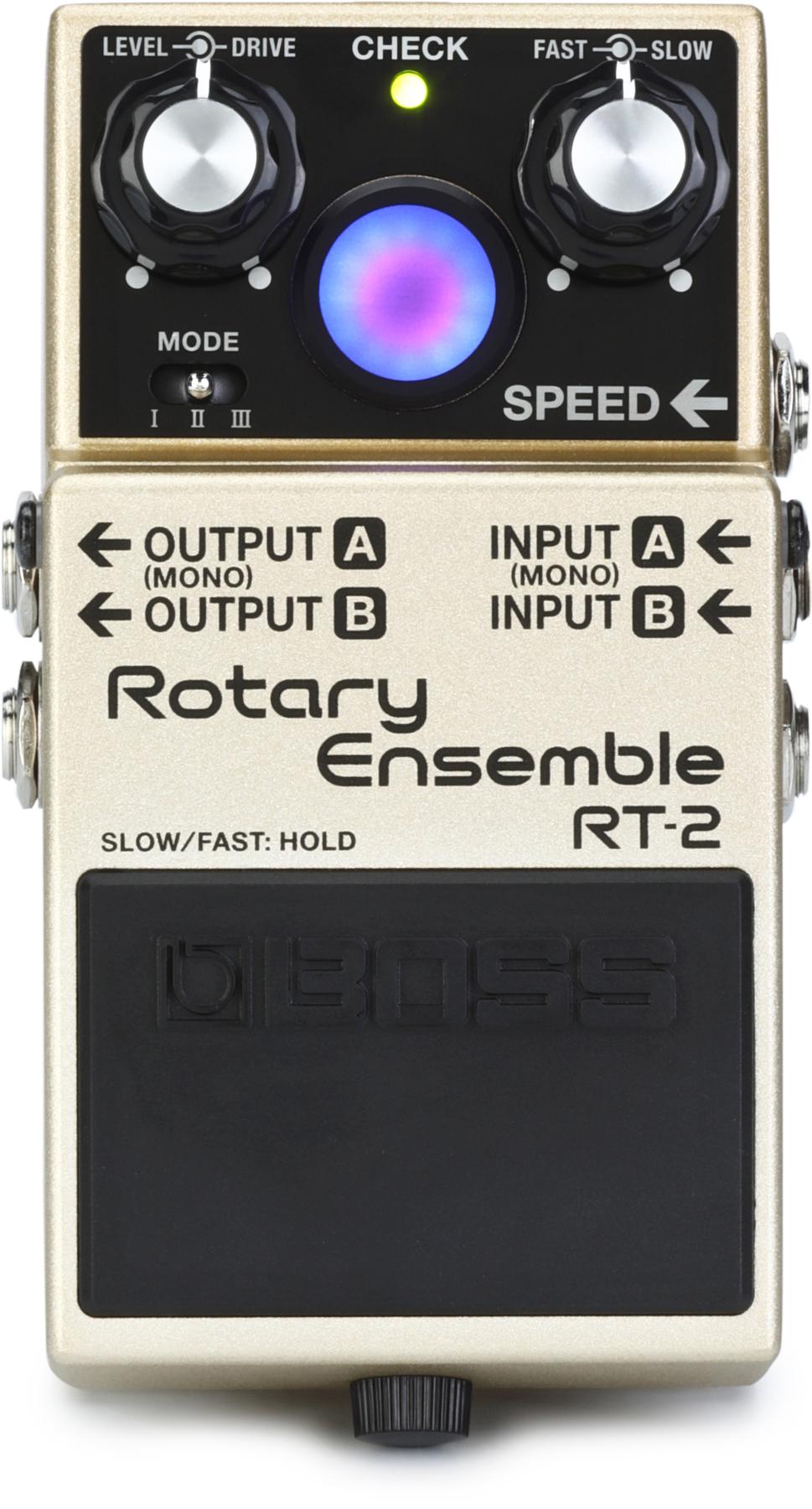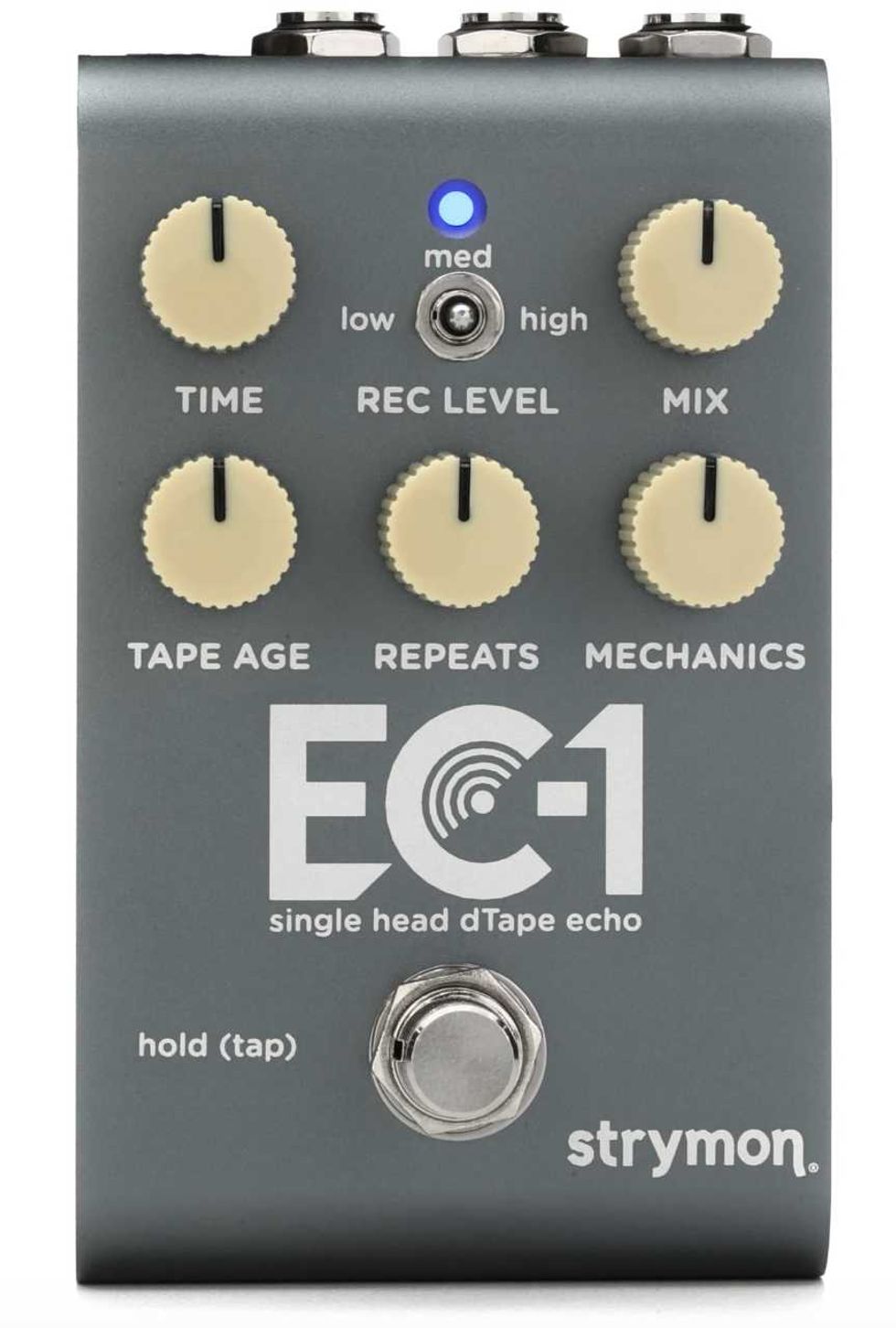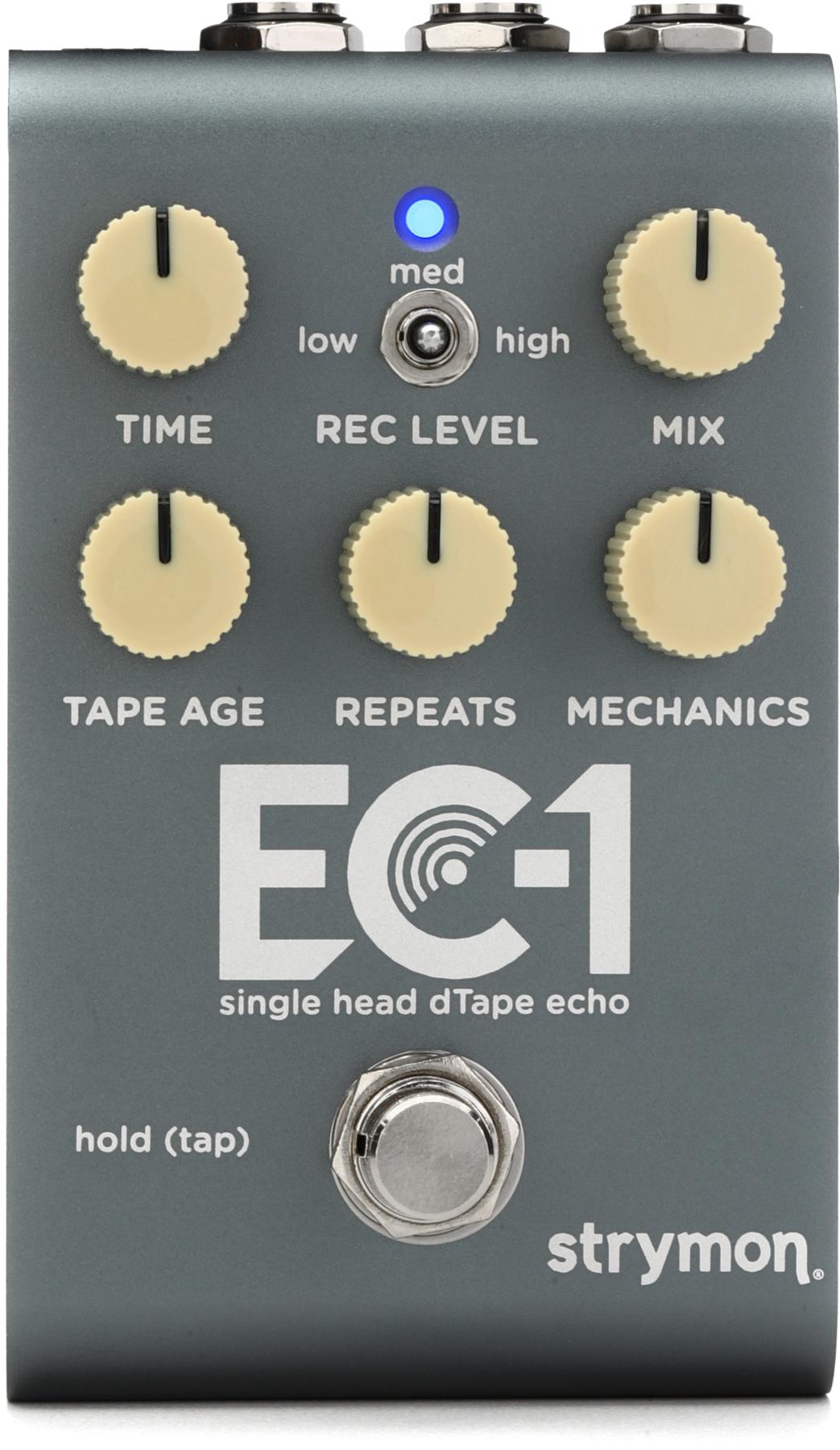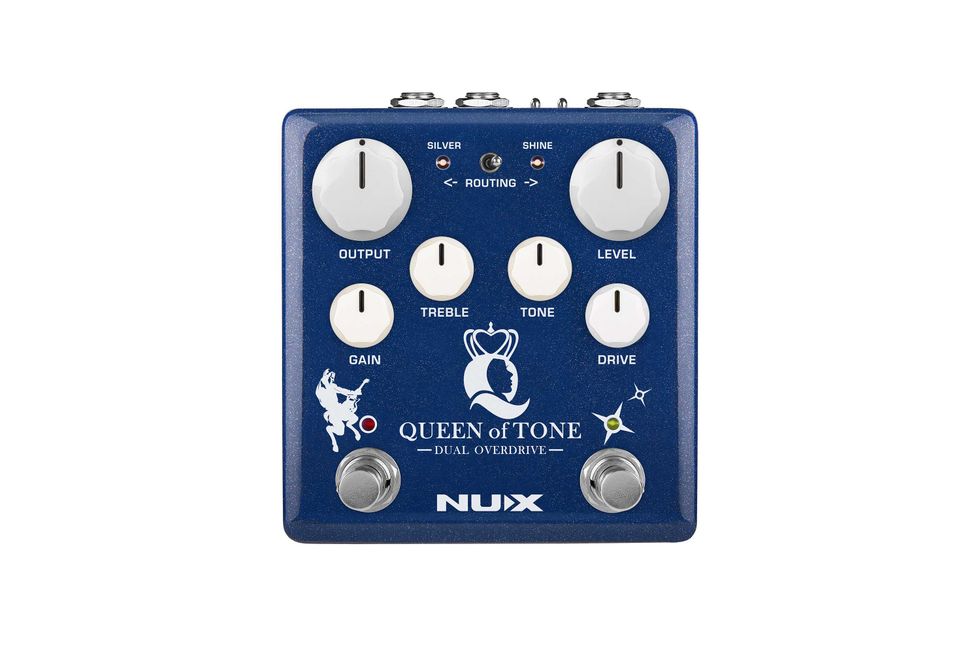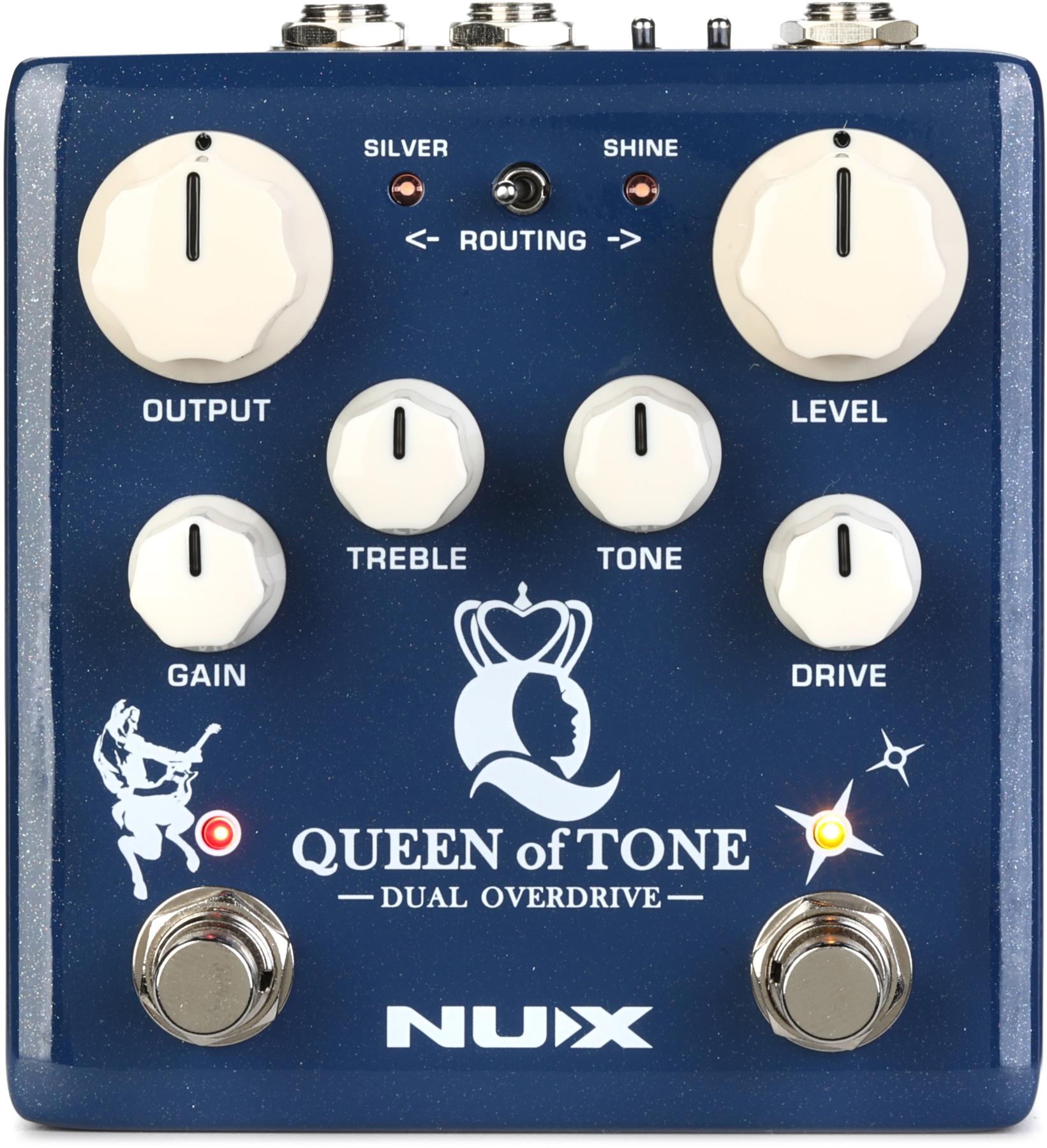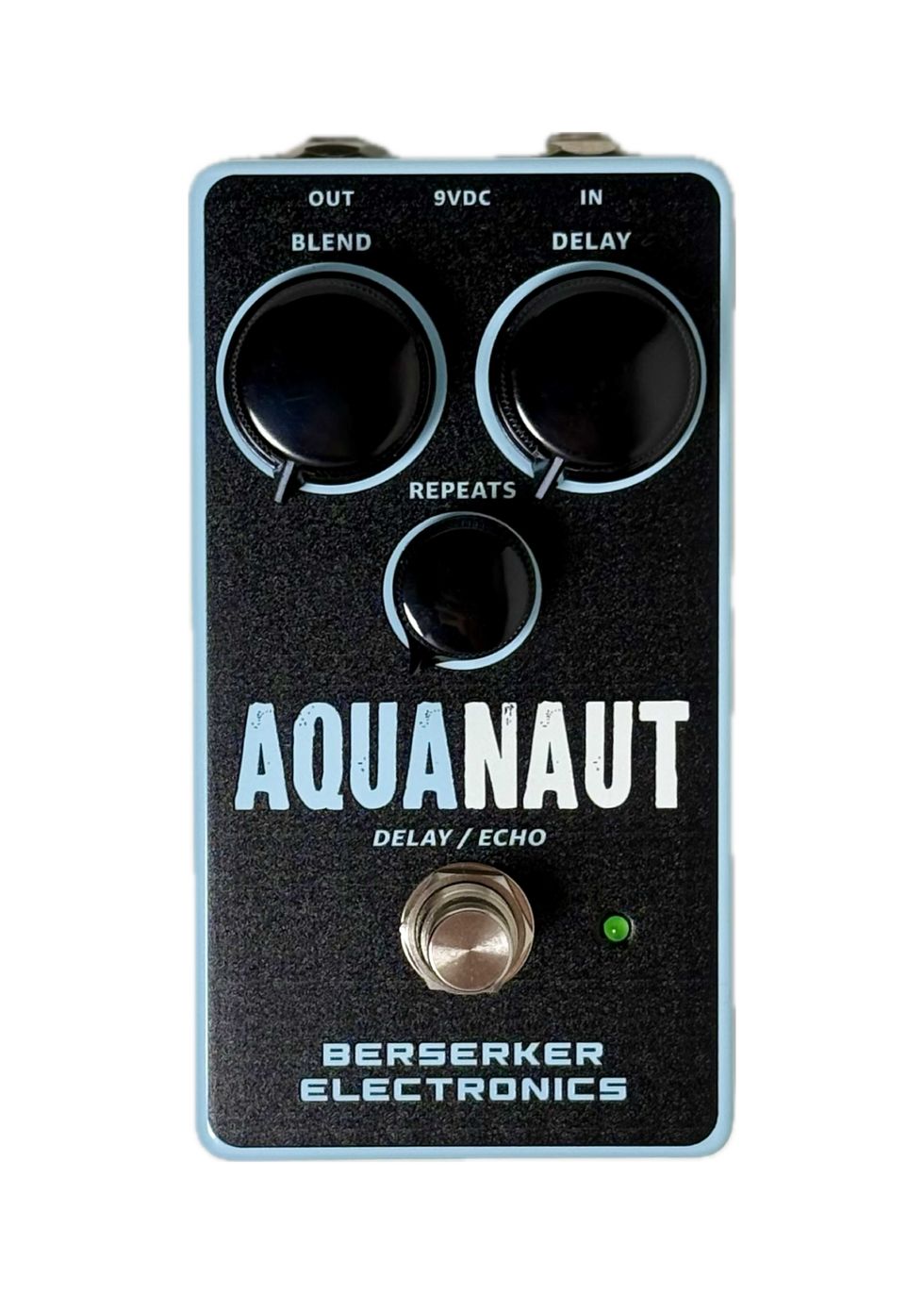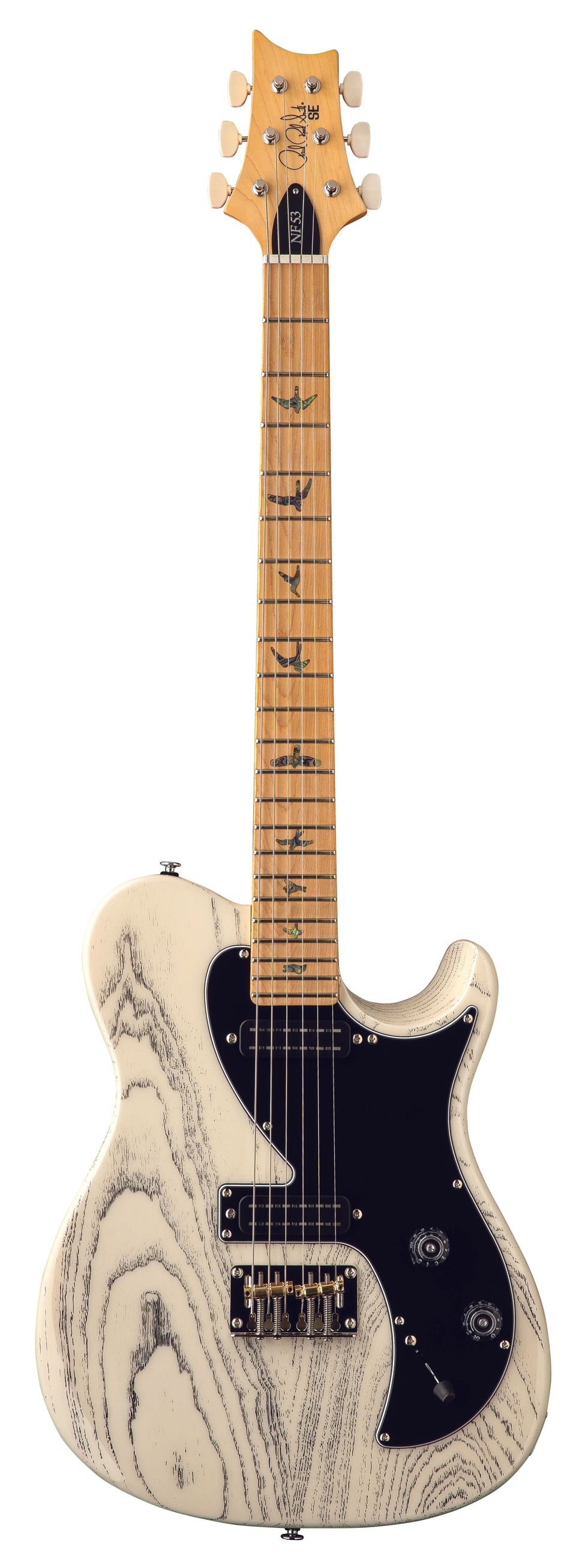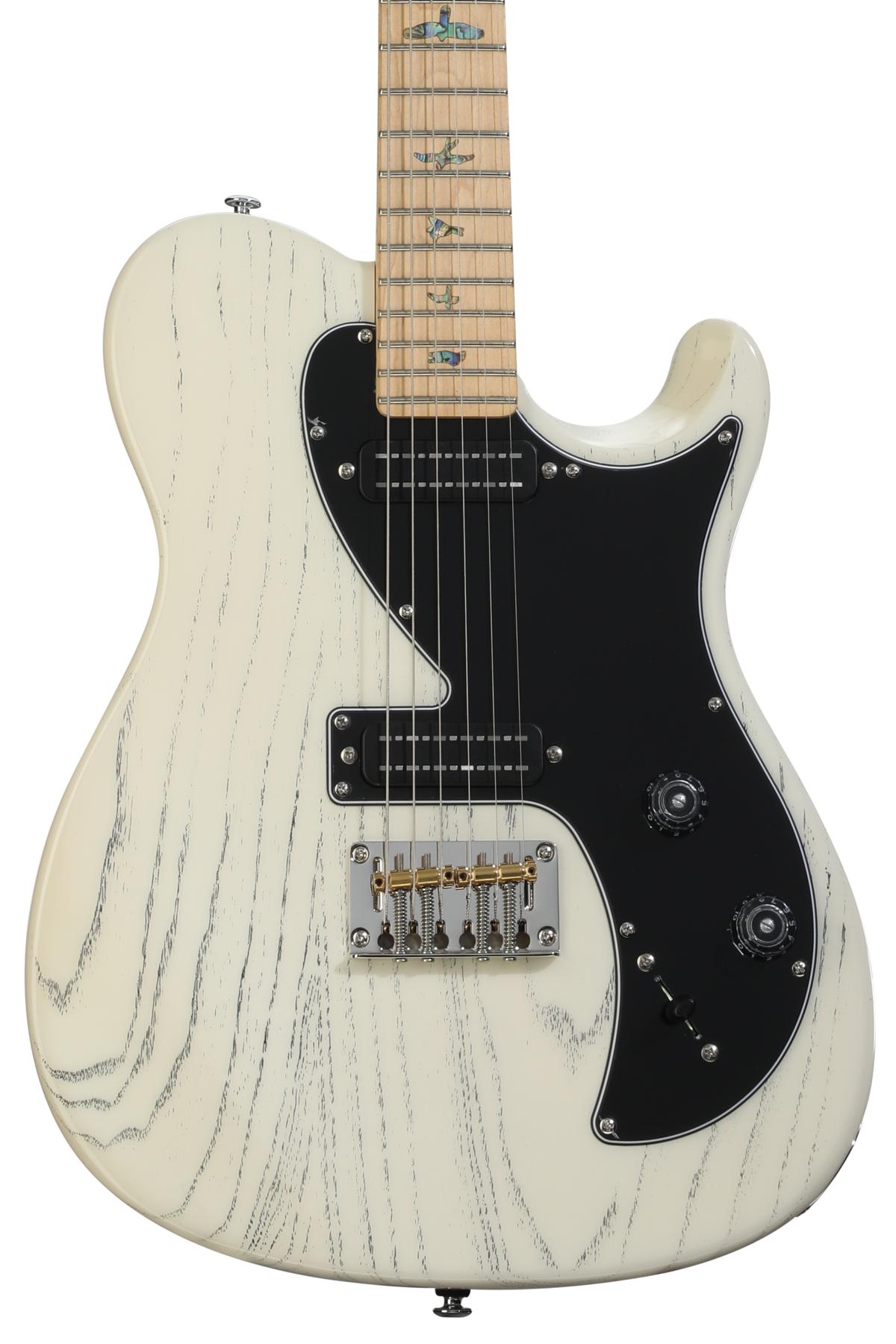Asheville, North Carolina’s Port City Amplifiers first found wider success with its ported Wave extension cabinets. But a lot of guitarists are unaware that this company also makes outstanding, hand-built tube amps. In fact, tube amplifiers are where founder Daniel Klein got his start, and his reputation for simple, functional, and toneful designs won many notable followers. Among them is popular guitar vlogger Rhett Shull, who has worked as a touring and recording artist with Noah Guthrie, Jessy Wilson, and others. Shull acquired his first Port City amplifier some 10 years ago. Now Klein and Port City's relationship has yielded their first collaboration, the Grandville, and it’s a real breath of fresh air in an amplifier marketplace that typically draws upon a few familiar vintage amps as templates.
Port City’s designs tend toward simplicity, and the 30-watt Grandville looks pretty old-school inside and out. Just five knobs grace the front panel, and the preamp sections are populated by tubes that most conventional makers gave up on nearly 70 years ago. The inspiration for the design comes from Shull’s beloved 1950s Gibson GA-50, so nothing but the fat octal preamp tubes of the day would do. And while the Grandville isn’t the only amp being made with these bottles today, it is in rare company.
Octa-Plus
Klein says the amp’s name came from realizing that he and Shull both owned old Pontiac Grand Villes in the past, and they agreed it would be a cool name for the amp. Settling on a name was the easy part though, and there were some design challenges. As Klein explains, “Rhett wanted a really flexible 2-band EQ, so we played around with some values and found what we liked. Also, he wanted a really low noise floor since he plans to record with the amp. The last hurdle was the tremolo speed. The GA-50 didn’t have enough variation in speed, so we made the circuit switchable between slow and fast settings to achieve both a slower and faster tremolo than would normally be on tap.”
Fittingly, the front panel is home to knobs for volume, treble, bass, and tremolo speed and intensity, plus on/off and fast/slow switches for the tremolo. And around back, you’ll find a footswitch jack along with dual output jacks and a switch for 4-ohm, 8-ohm, and 16-ohmspeaker loads. The head is relatively compact for its punching power at 20" x 9.8" x 8.5" and looks elegantly businesslike in its lacquered black-tweed covering with gold piping.
The Grandville delivers thick, rich, and warm cleans at maximum volume with single-coils and just a little edge-of-breakup when paired with a Les Paul.
The first two preamp tubes are octal-based 6SJ7 pentodes, and NOS metal GE and RCA examples are included in our test amp. (Other production models may be built with tubes from other manufacturers.) The tremolo and phase-inverter slots are home to octal 6SL7 dual-triodes, in this case, new tubes from JJ. A pair of new Tung-Sol 6L6GCs in cathode-bias live in the output stage. The rectifier is a 5U4GB tube.
The Grandville’s handwired circuit displays impressive workmanship, with tidy wire runs extending from a turret board loaded with high-quality components. Robust Canada-made Hammond transformers assume power, output, and choke duties, and there are two of the latter to help keep noise in check.
Clean Machine
I tested the Grandville with a Port City 1x12 cabinet loaded with an American-voiced Eminence GA12-64 speaker. Port City also offers a custom-spec ported cab built to accompany the amp, which houses a mixed pair of one 12" WGS G12-C/S and one 10"Jensen Jet Tornado. Klein says that Shull wanted the amp to be just on the edge of breakup when it’s cranked, and that’s exactly what it delivers. Unlike the browned-out compression and easy distortion many might expect from an amp based on an early-’50s Gibson combo, the Grandville delivers thick, rich, and warm cleans at maximum volume with single-coils and just a little edge-of-breakup when paired with a Les Paul.
All that headroom leads to a couple of potential benefits. For one, the characterful cleans you get with the volume around 10 o’clock on the dial are virtually the same as what you get at a louder 4 o’clock setting, only quieter. That makes it easy to tailor your tone to different venues and recording environments without changes in gain level throwing your core tone out of whack. The other benefit is that the amp is an excellent pedal platform, and while high headroom is no guarantee that an amp will work with overdrive pedals, the Grandville sung sweetly with ODs including a Wampler Tumnus Deluxe, an Ibanez TS10 Tube Screamer, and a Friedman Small Box.
The bias-modulated, tube-driven tremolo, by the way, is fantastically round, wobbly, and bubbly in the inspiring fashion of so many great vintage and vintage-derived circuits. And just as Klein intended, it provides a range of speed and depth that enables subtle or extreme atmospherics. The bass and treble controls, too, are very wide-ranging and interactive in a very practical way, which make this simple EQ set deceptively versatile. The amp is impressively quiet overall, which satisfies another design objective.
The Verdict
The Grandville isn’t a particularly loud amp for a 30-watt 6L6 circuit, but clearly it’s designed with tone in mind rather than volume, and for many players that will be a good thing. For all the apparent design contradictions—it’s based on an amp more associated with gritty, gnarly tweed overdrive—the Grandville succeeds at achieving a clean but characterful personality. Some players might find it rather pricey for an amp that specializes more in uniform clean tones and headroom than the interesting colors that happen in between low and high gain levels on most amps. But what it does, it does well, and the excellent build quality does much to justify the boutique price.

